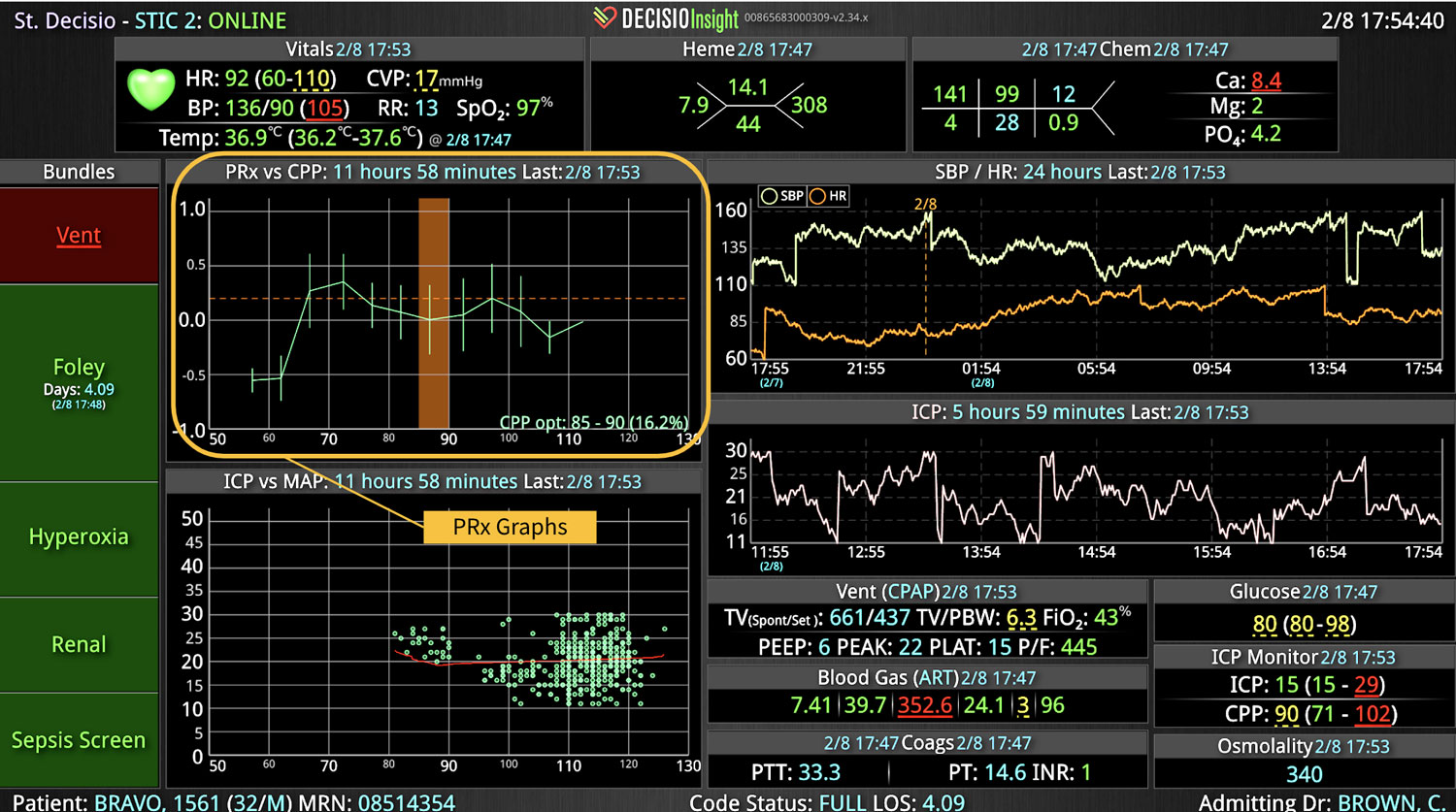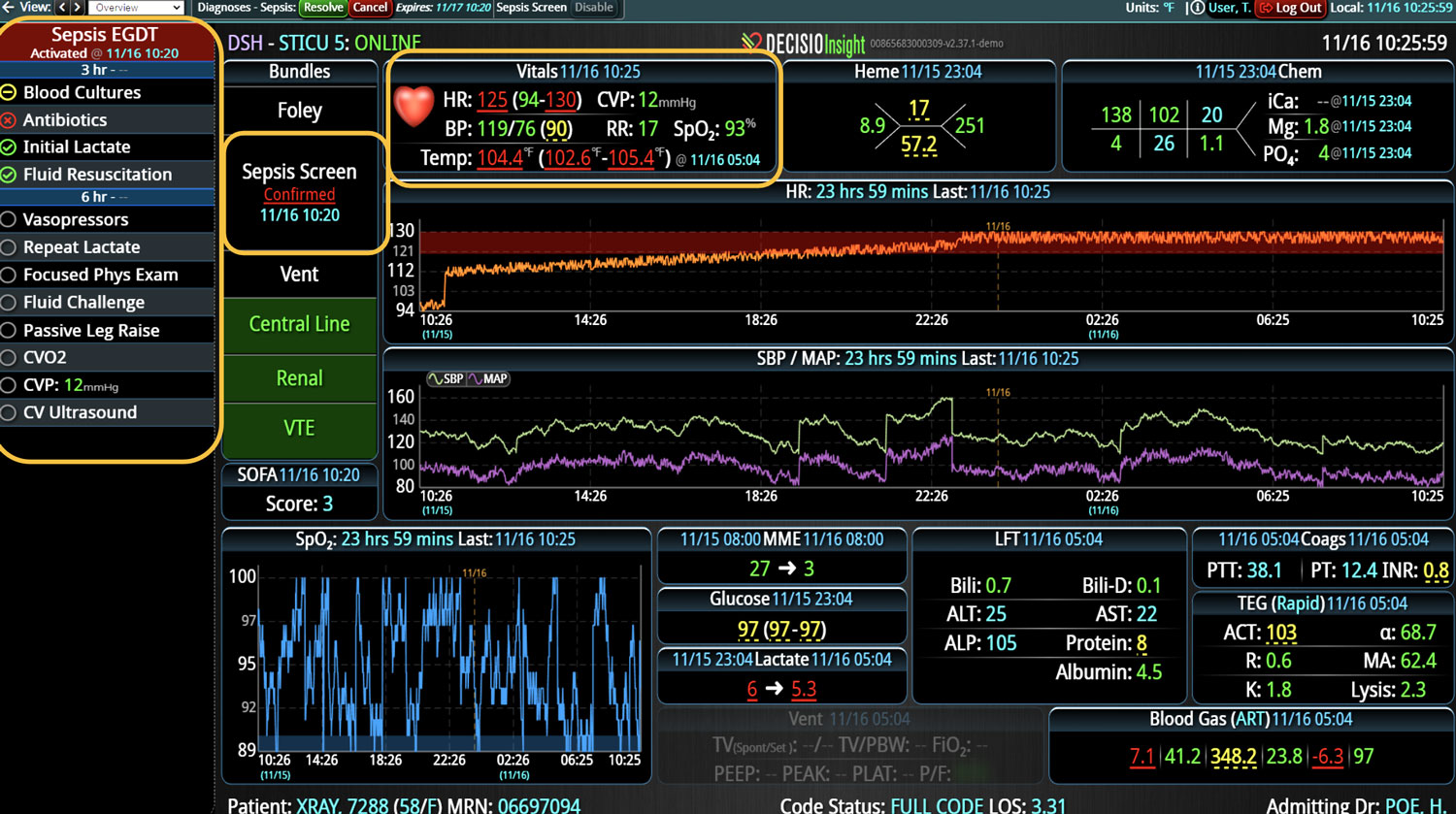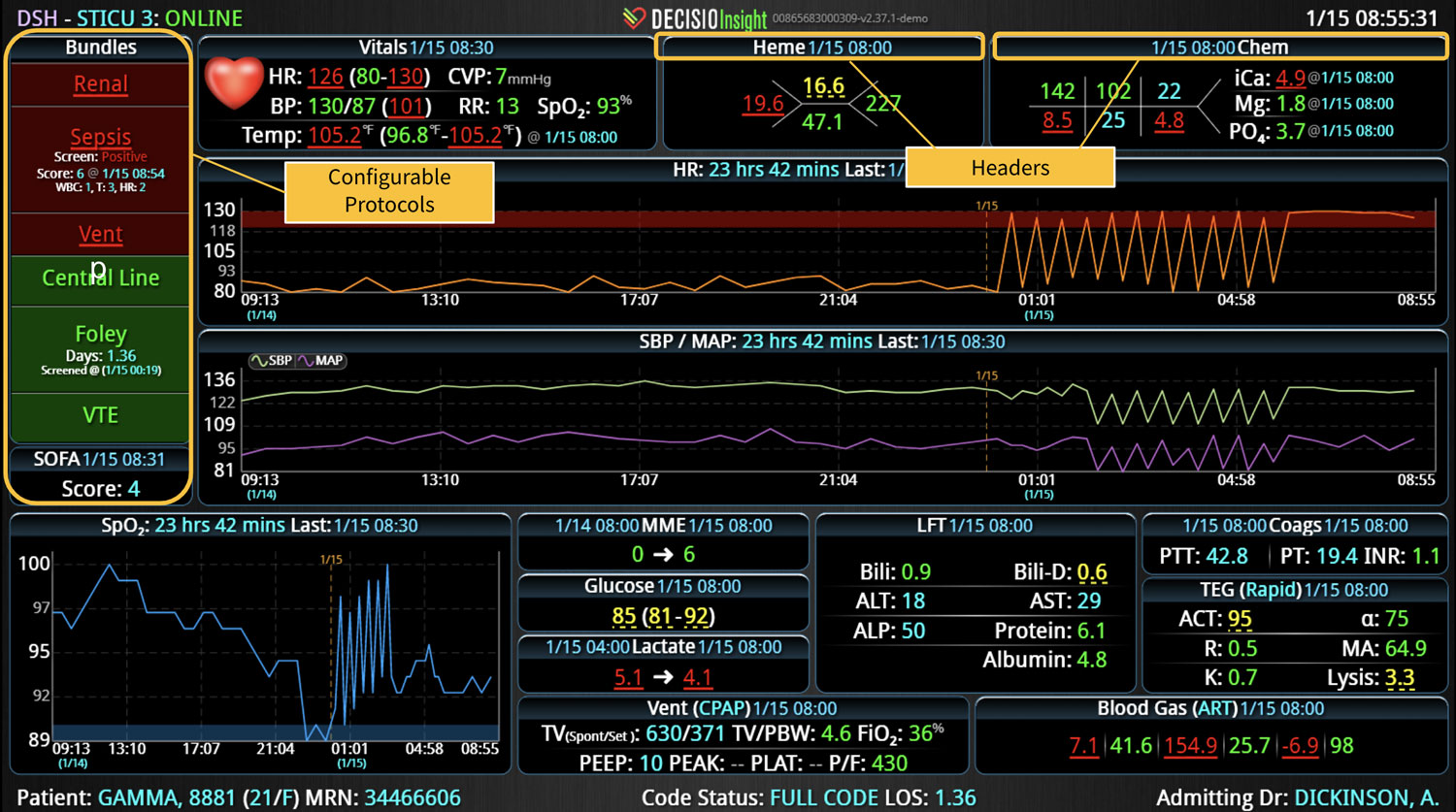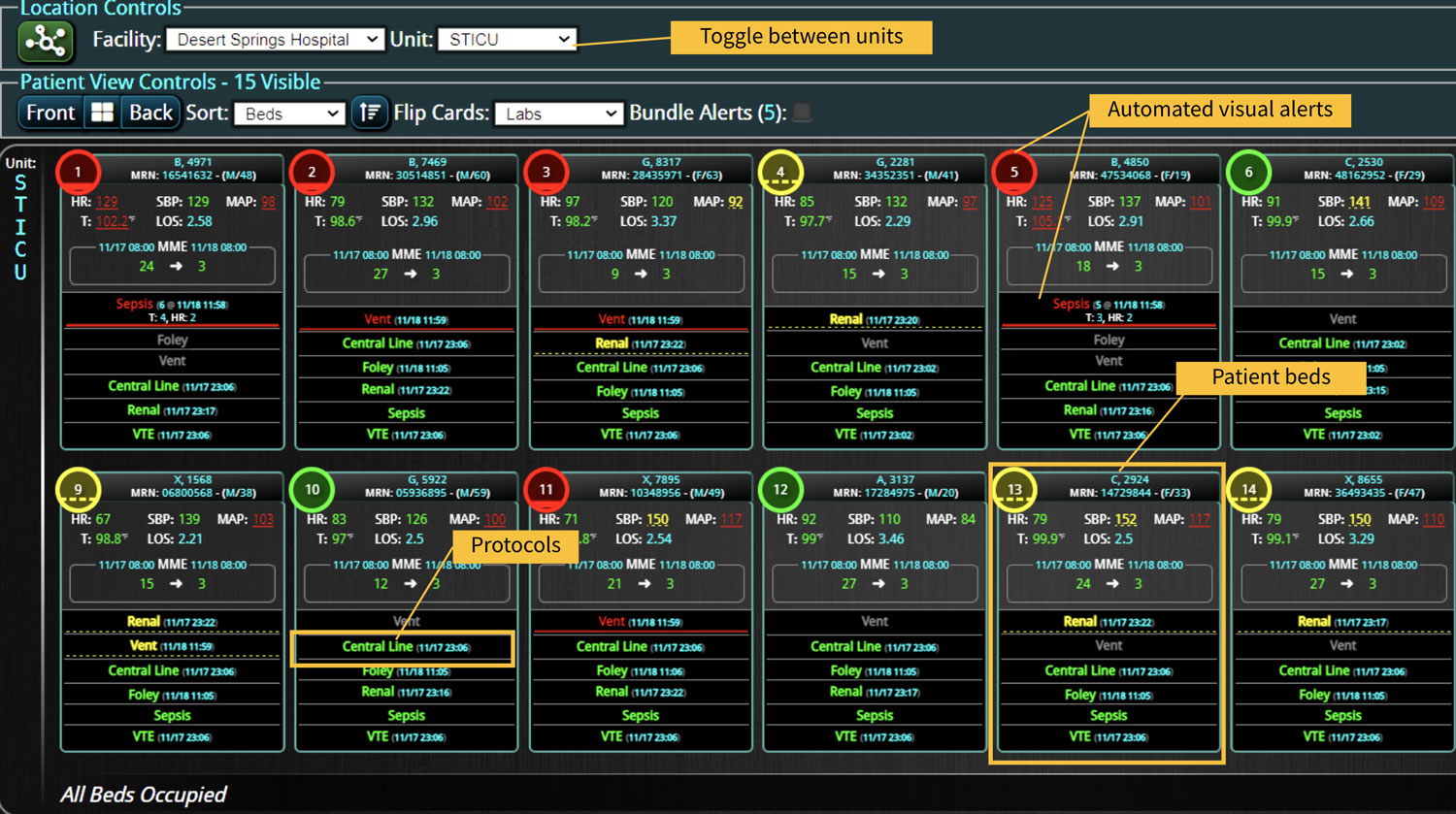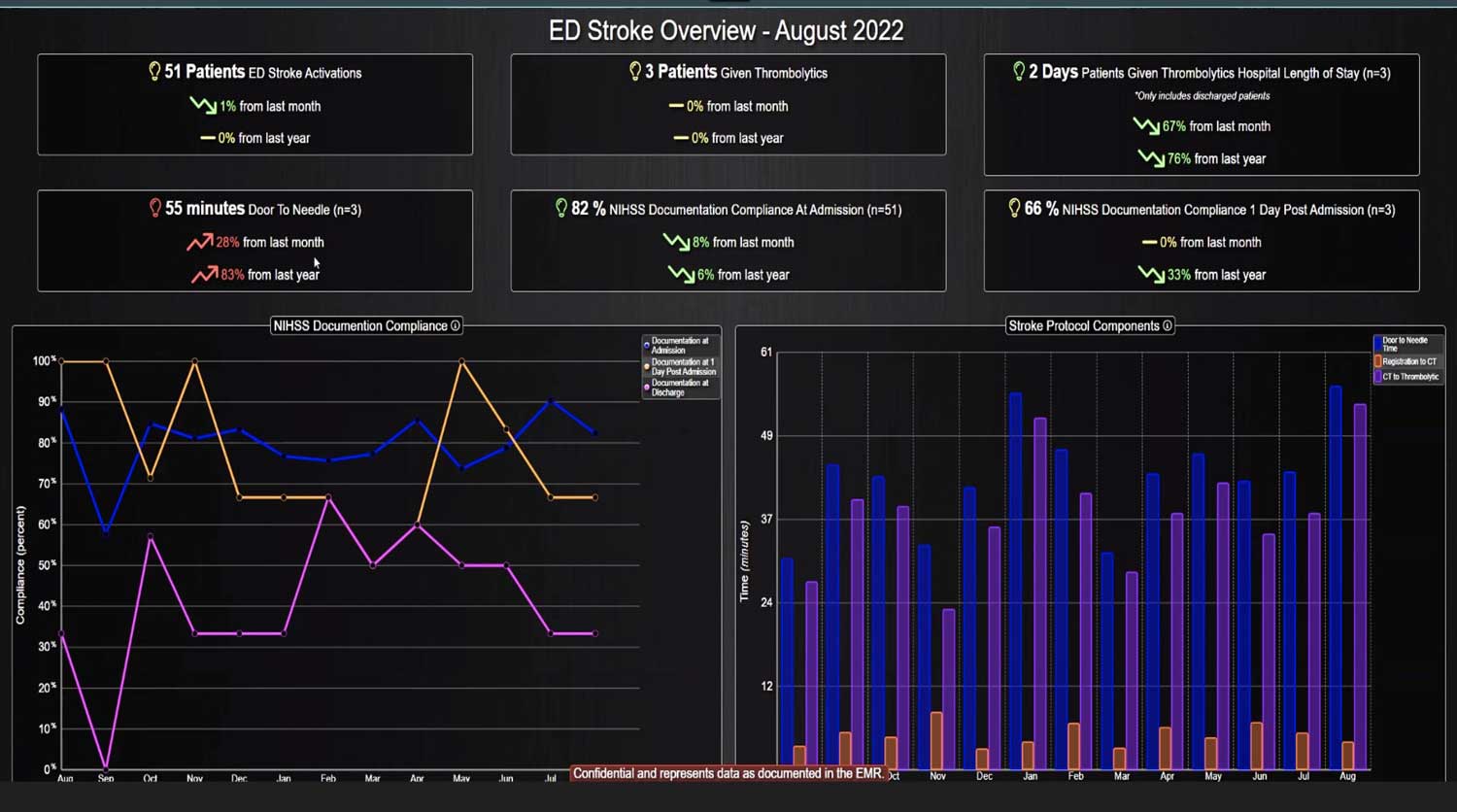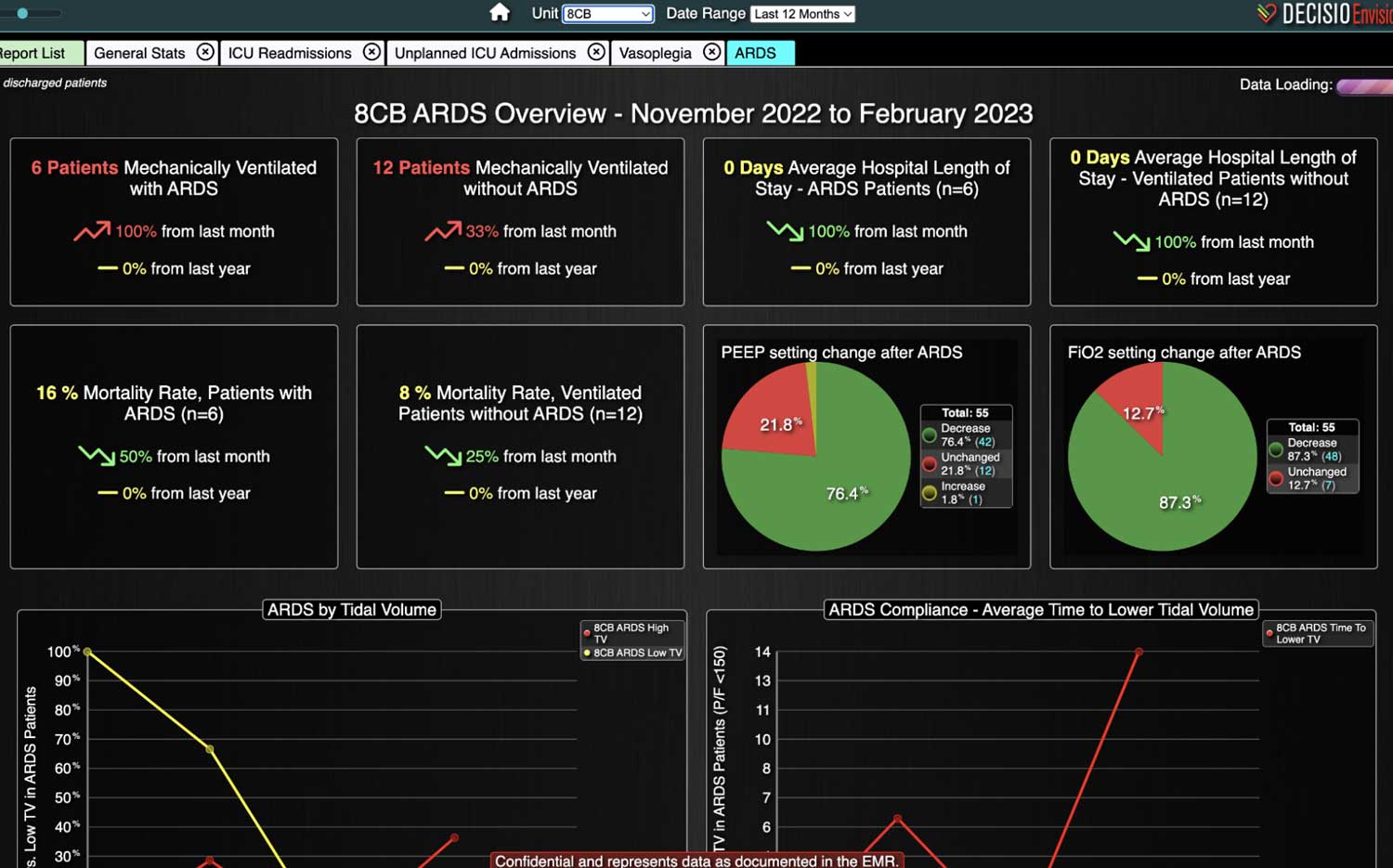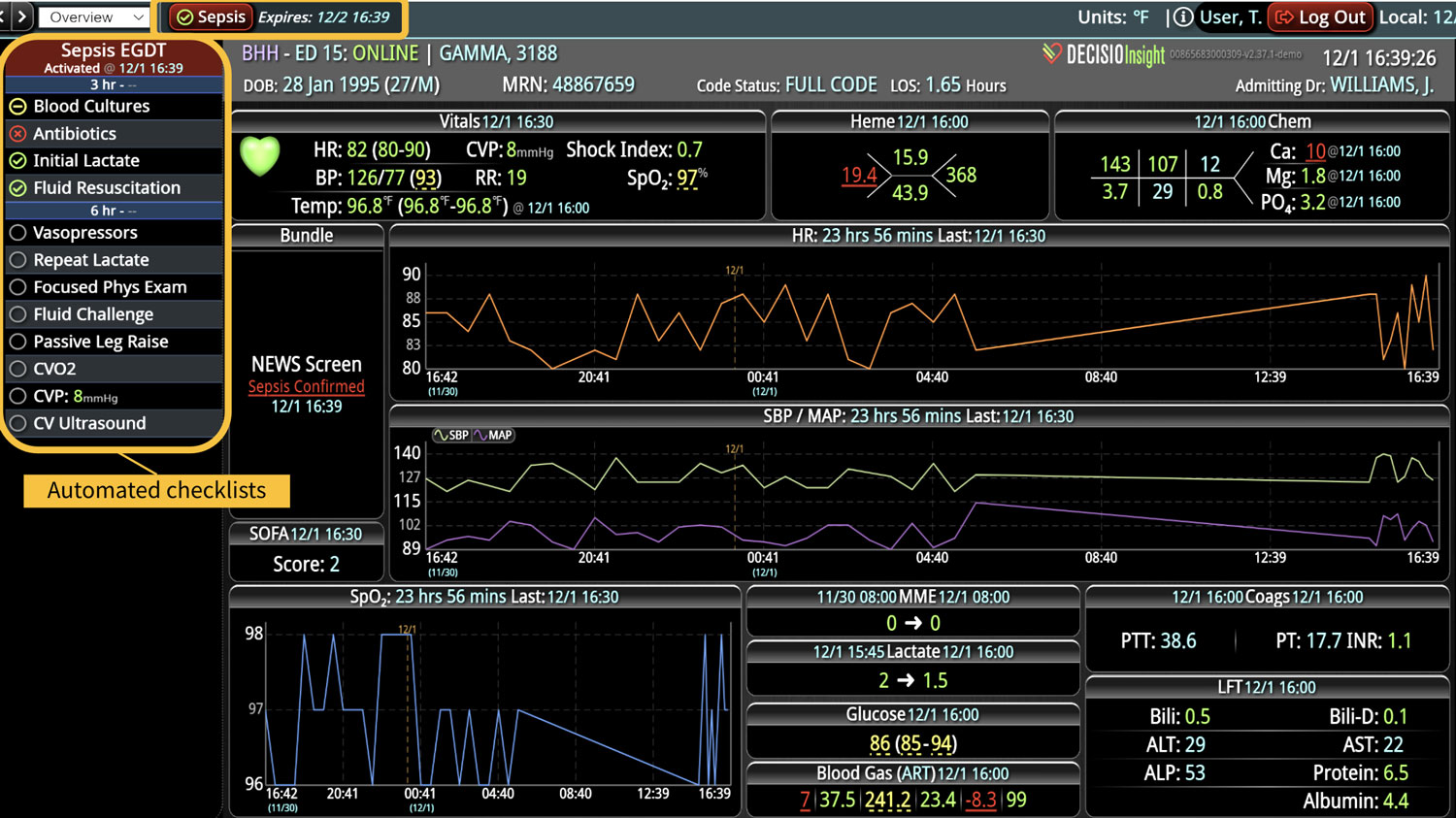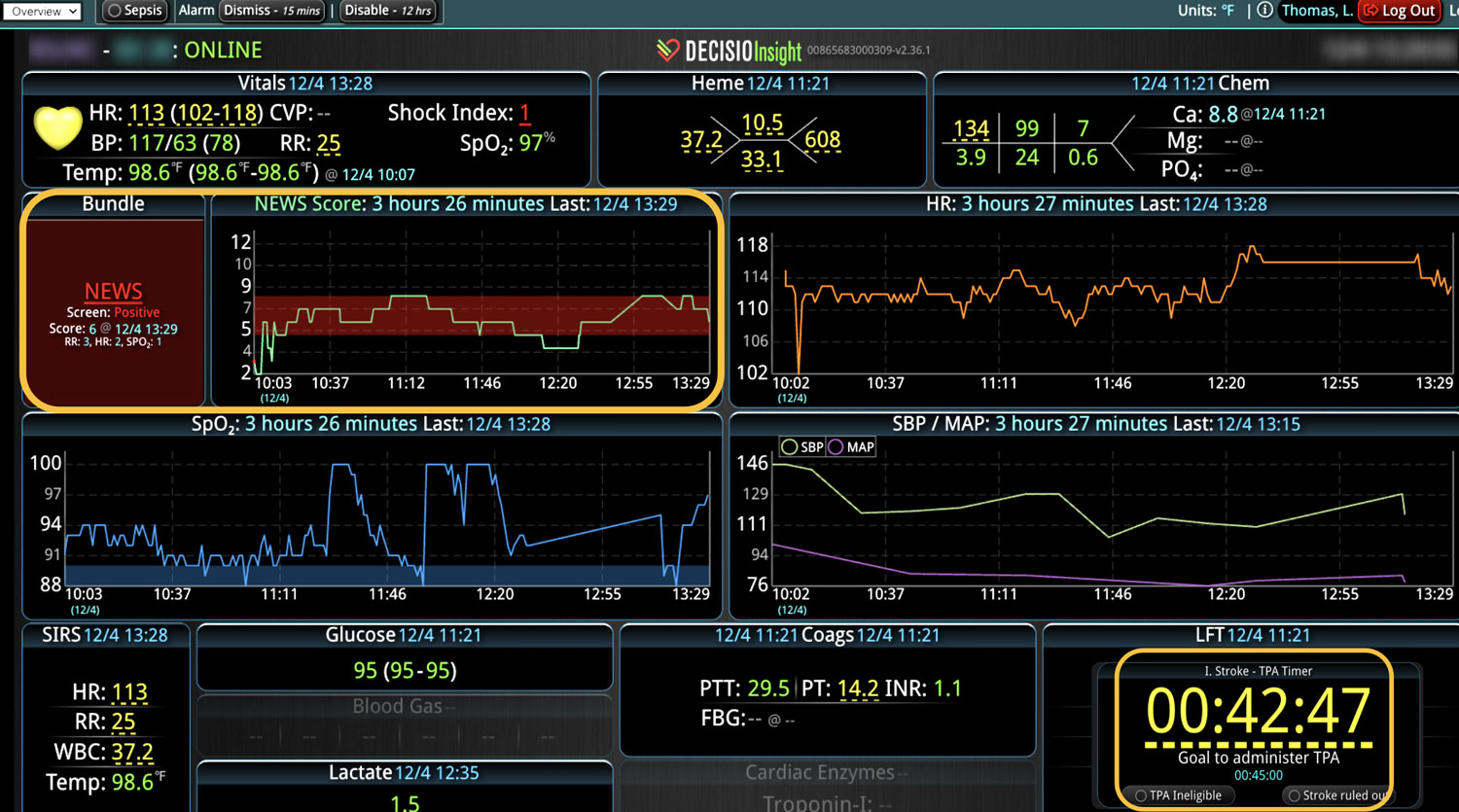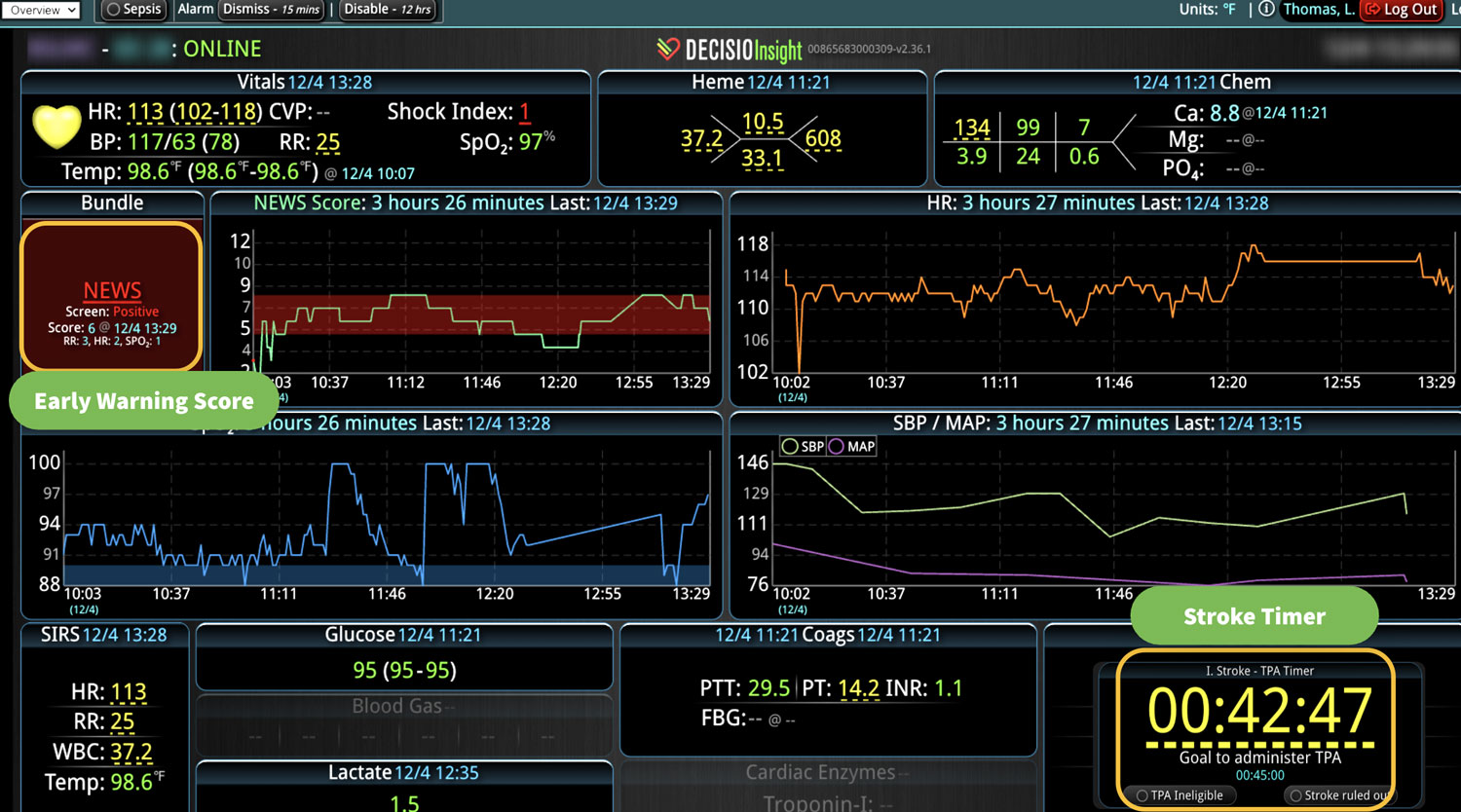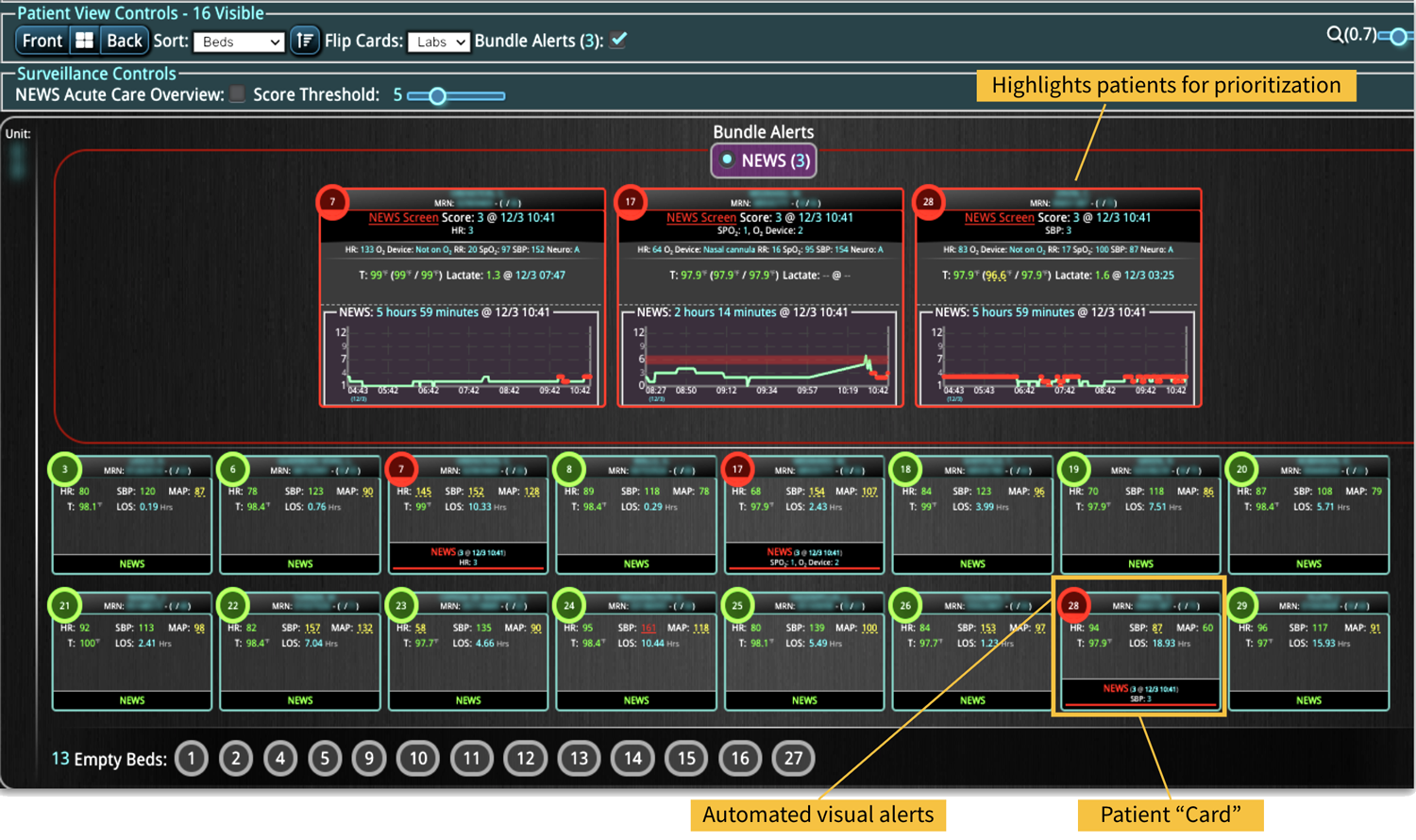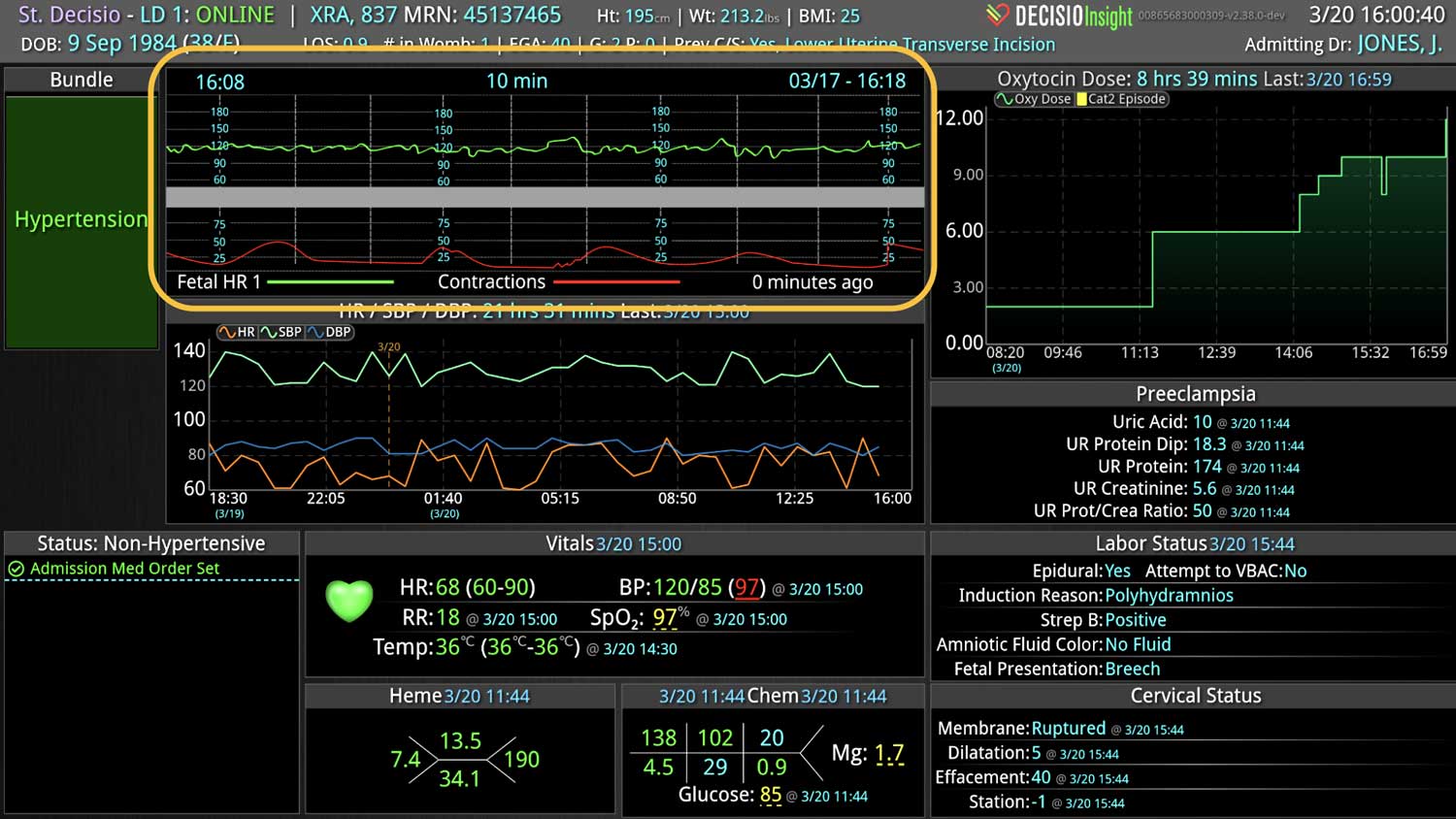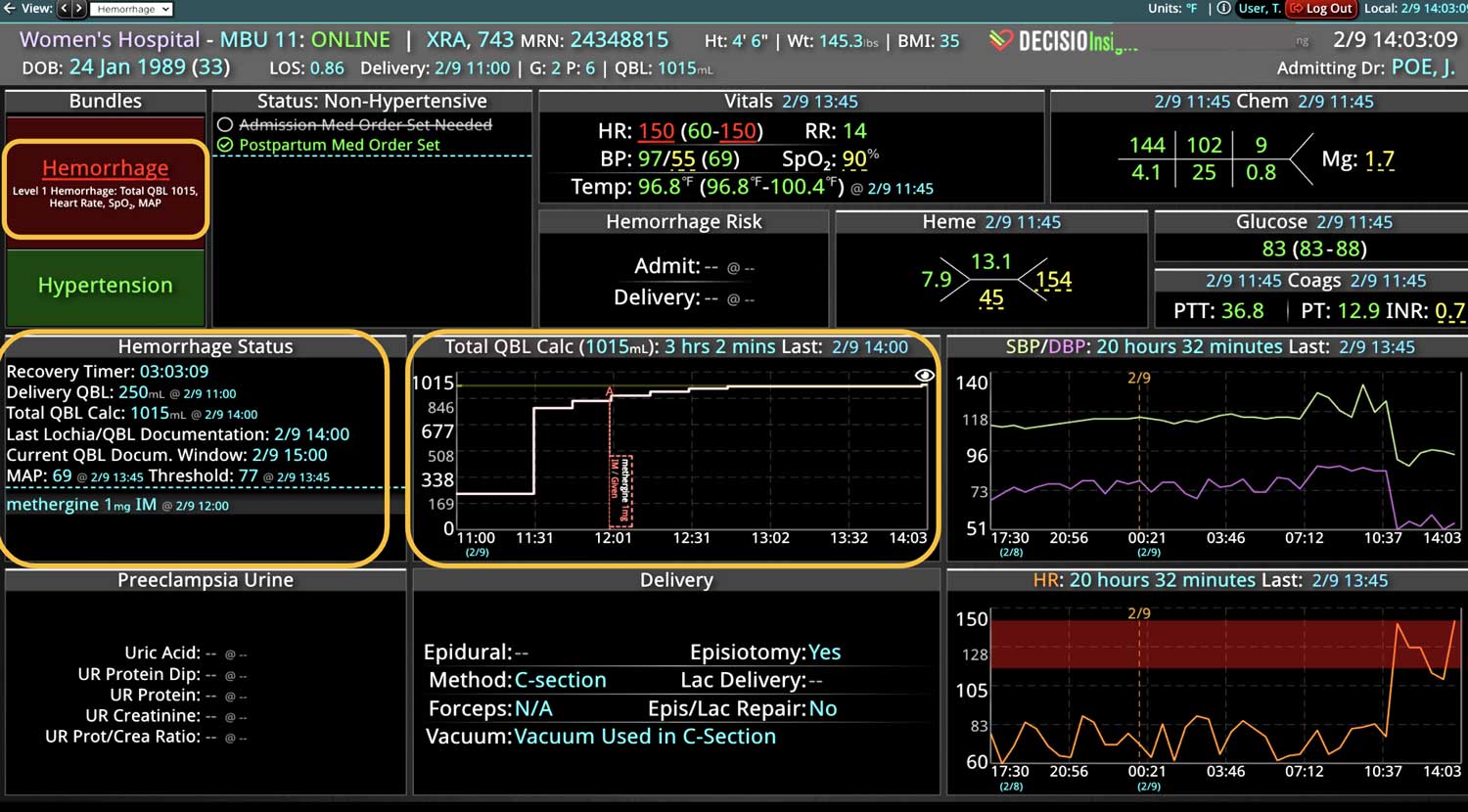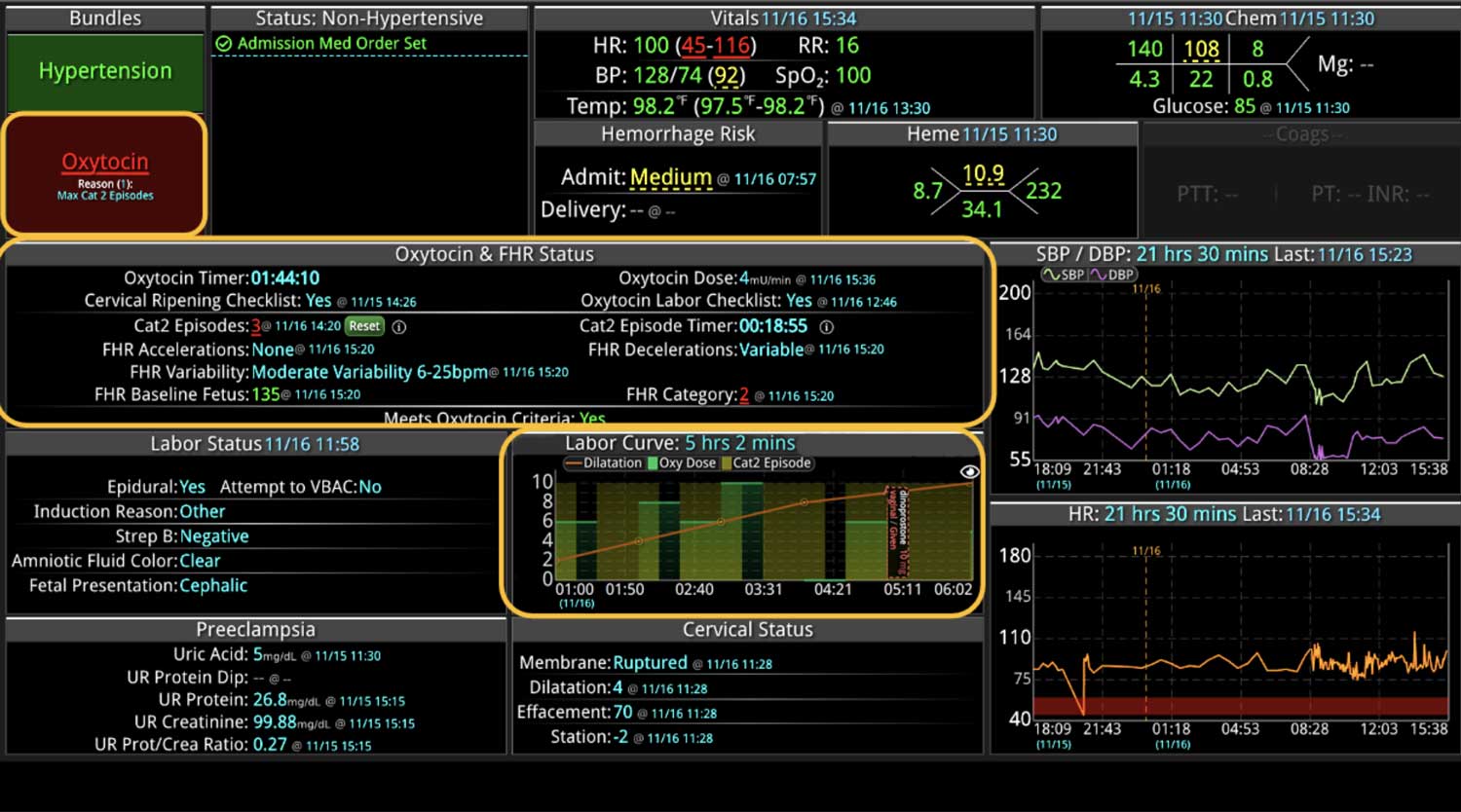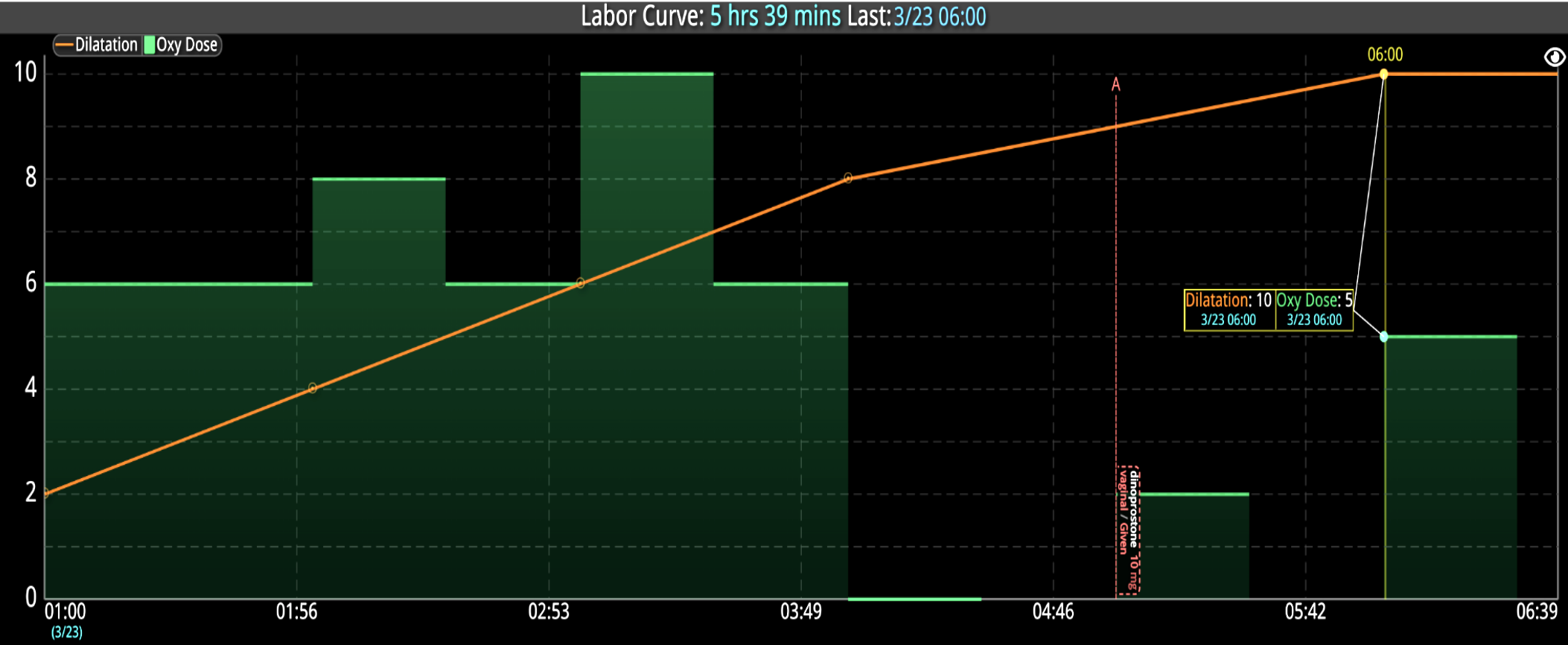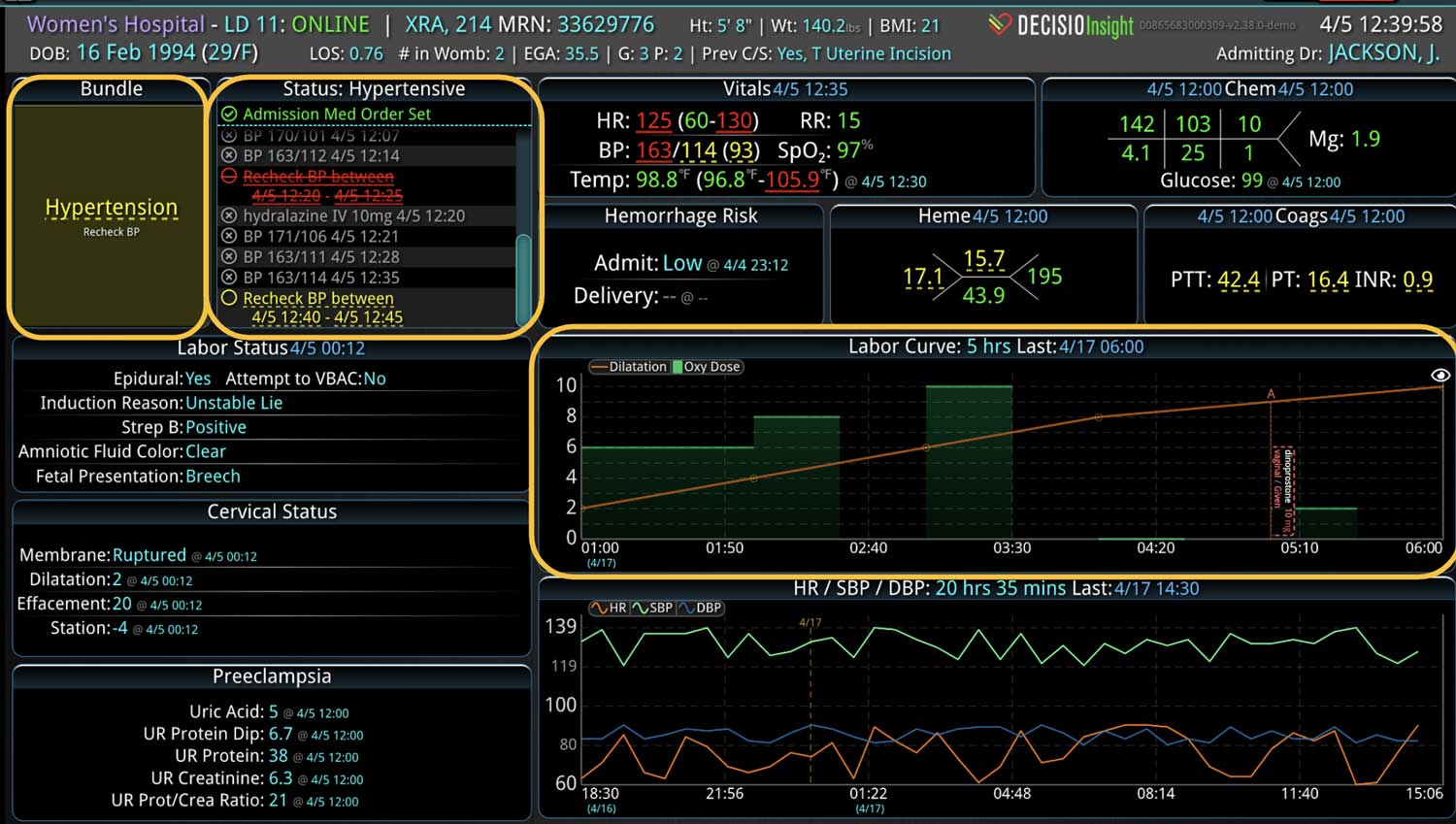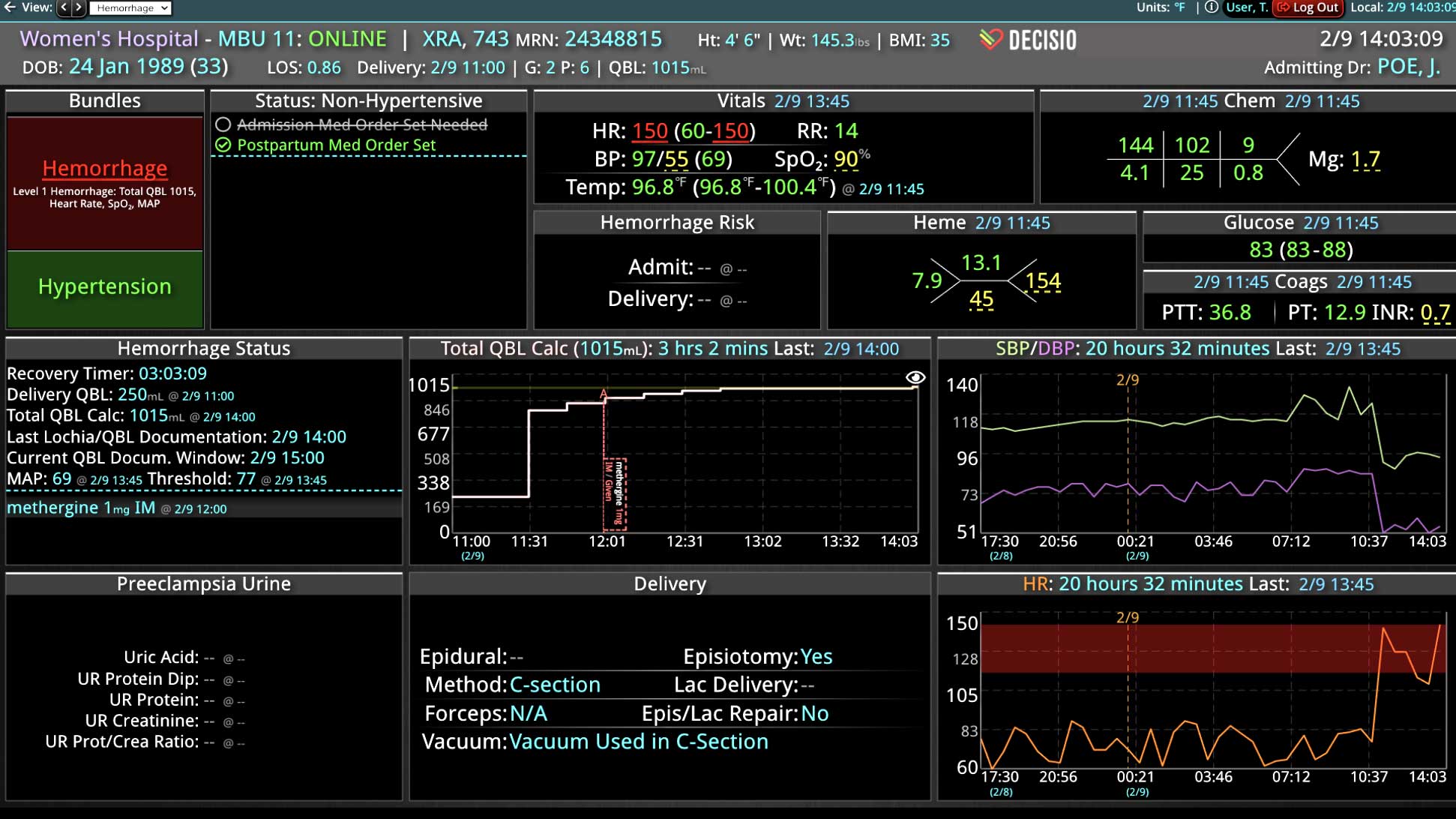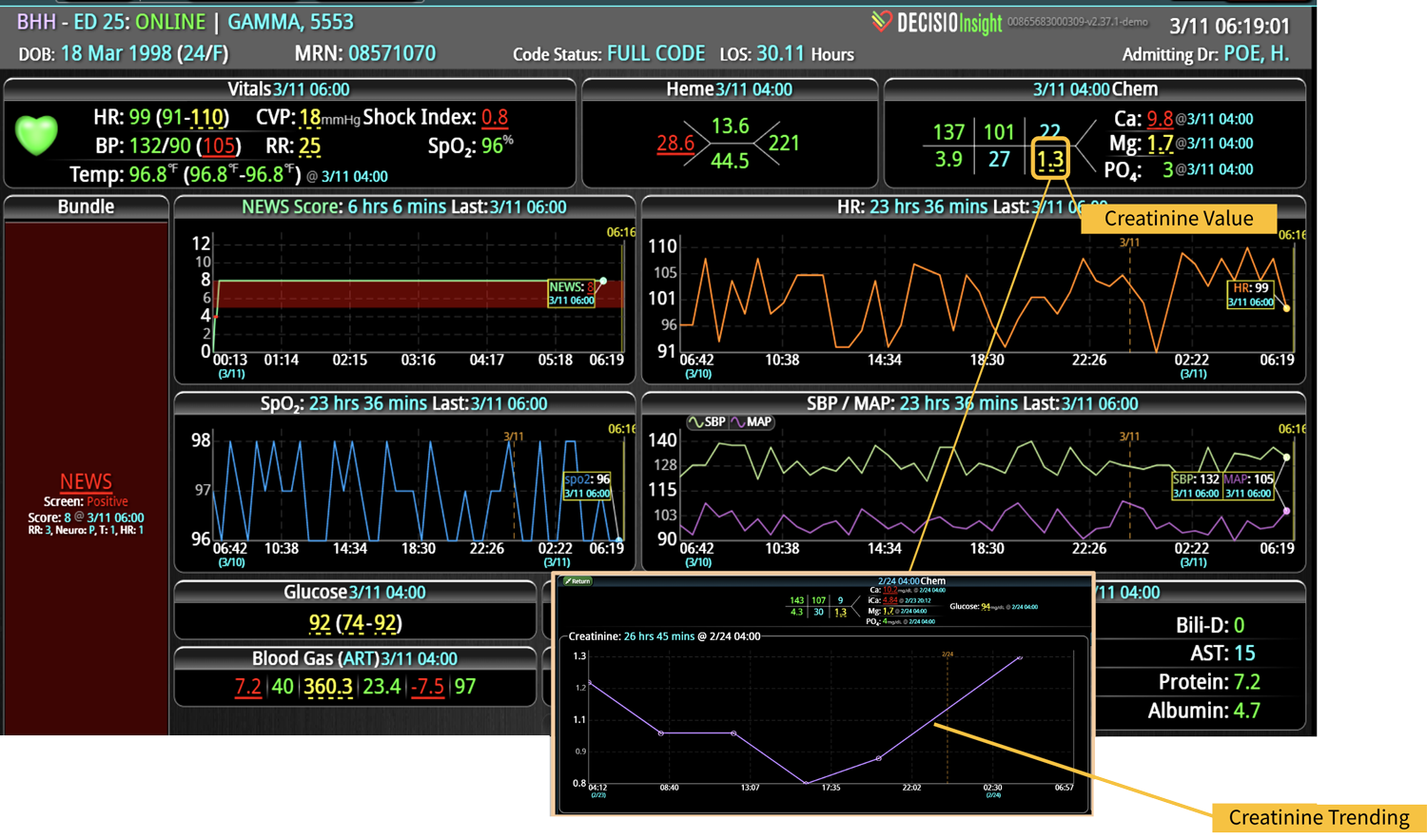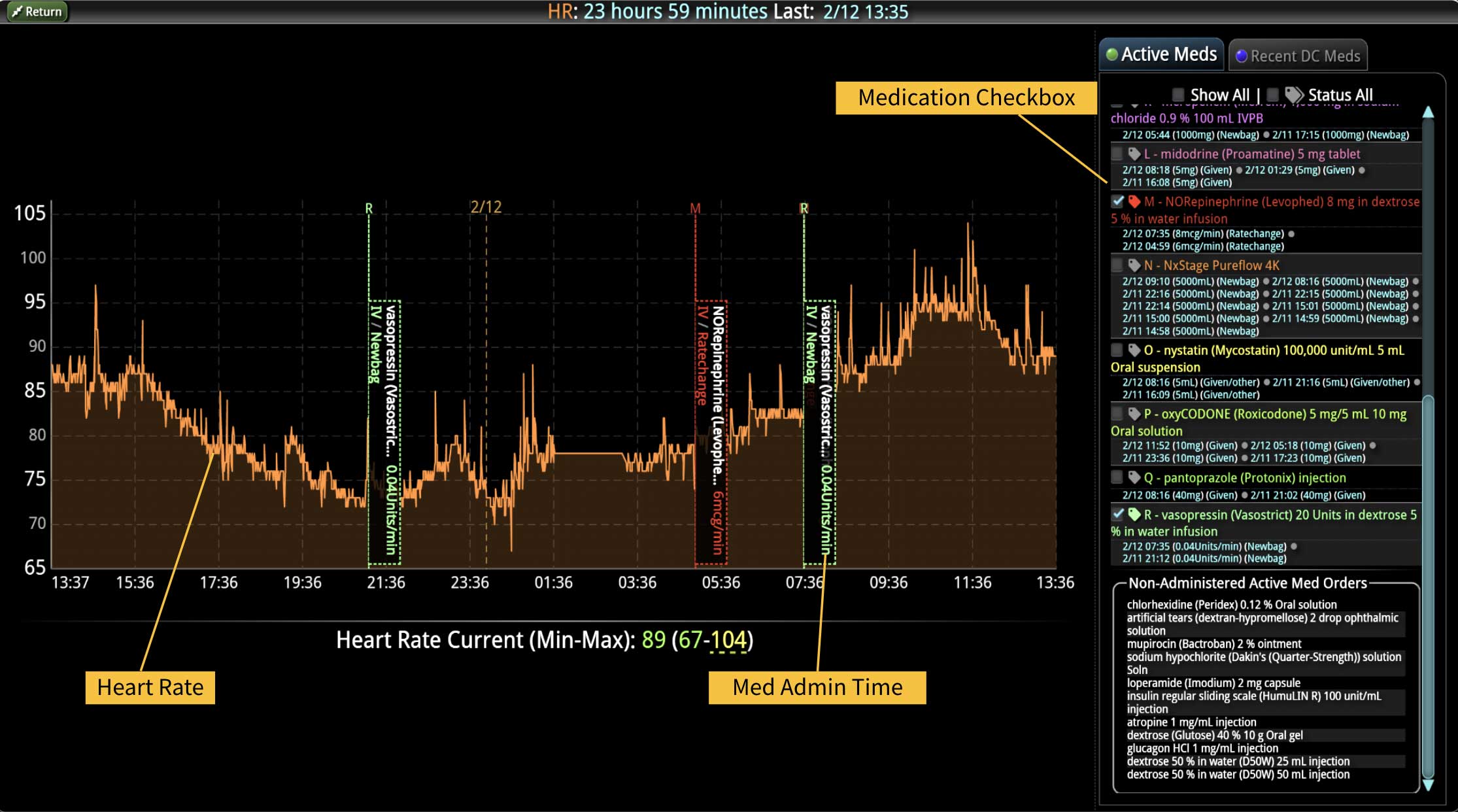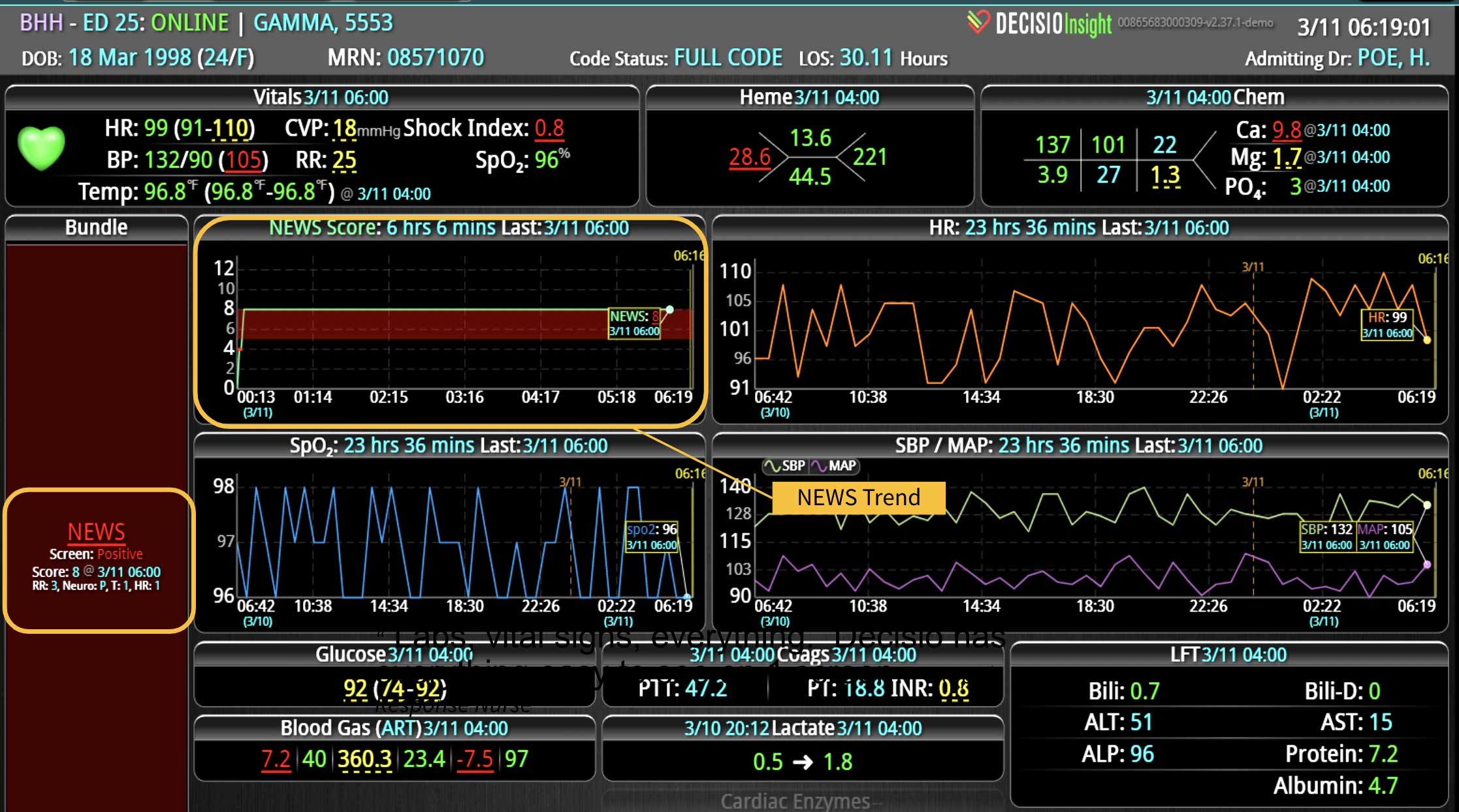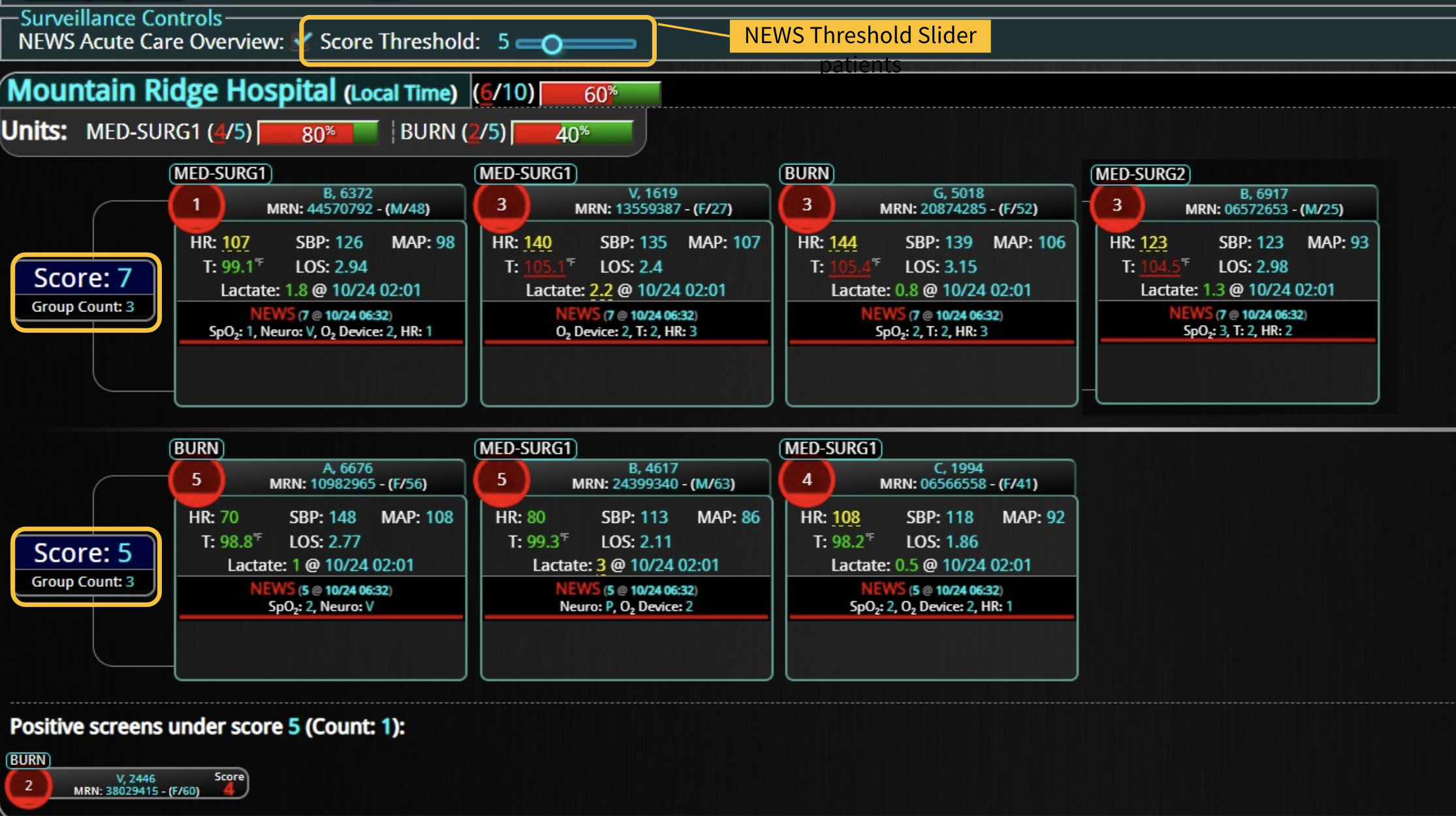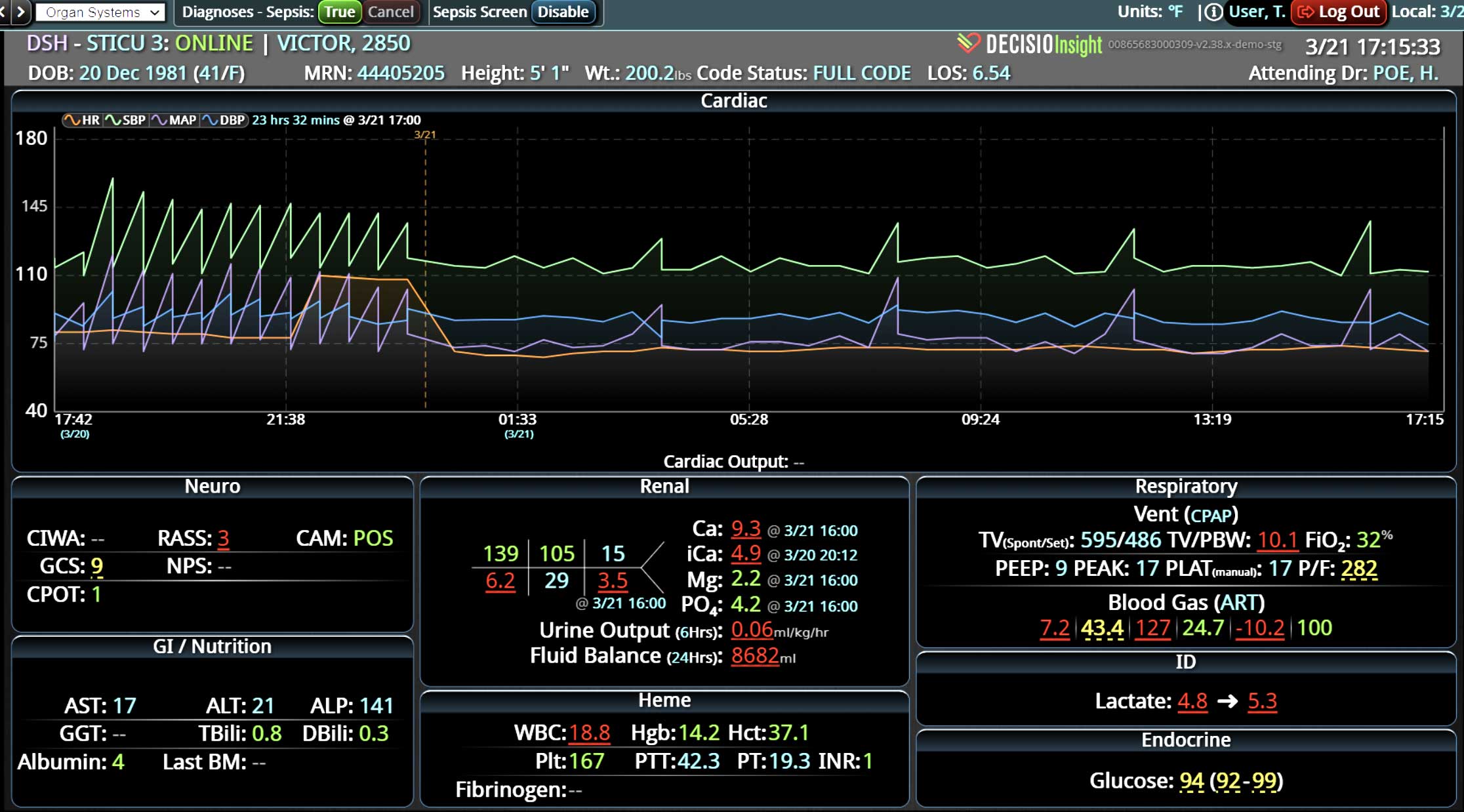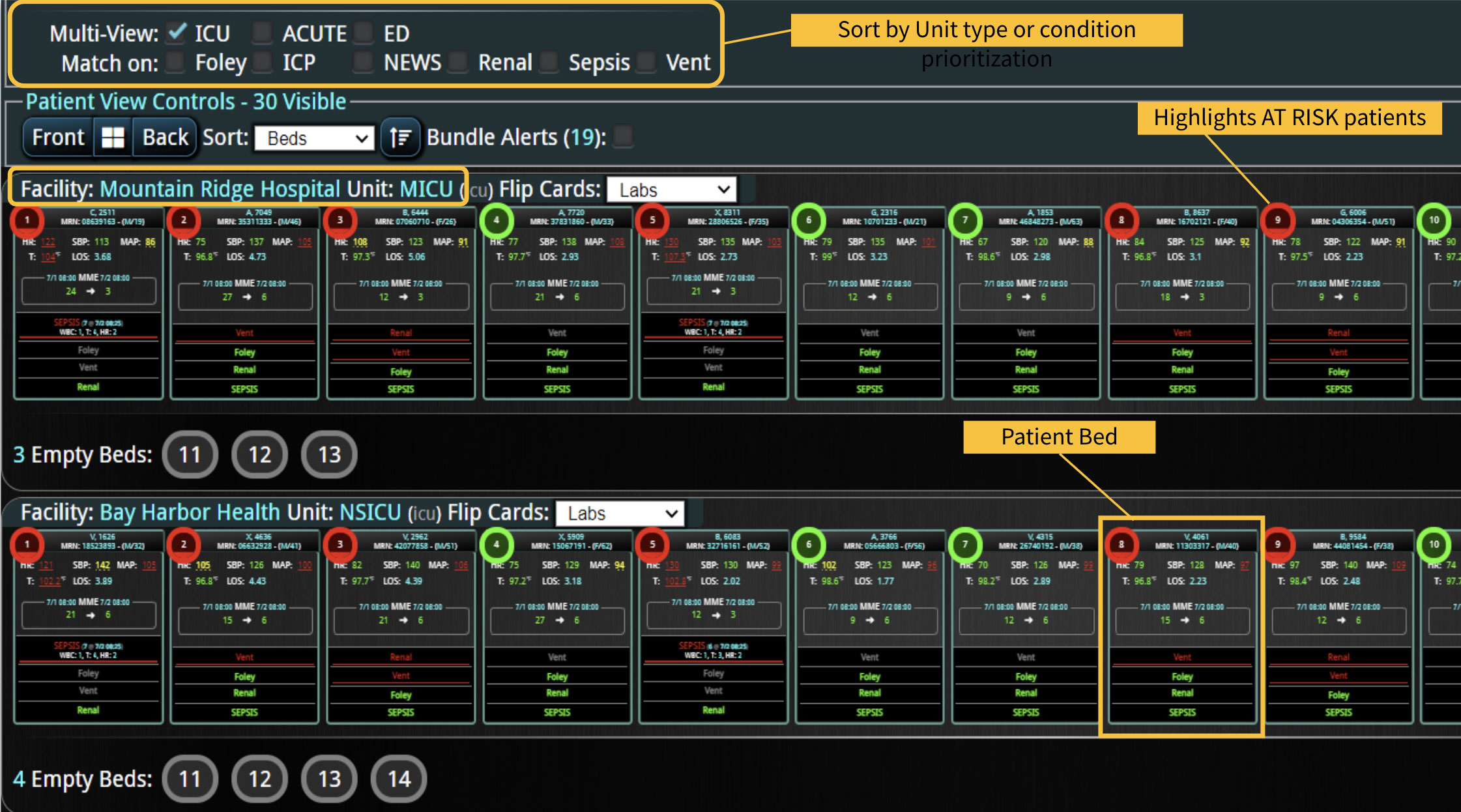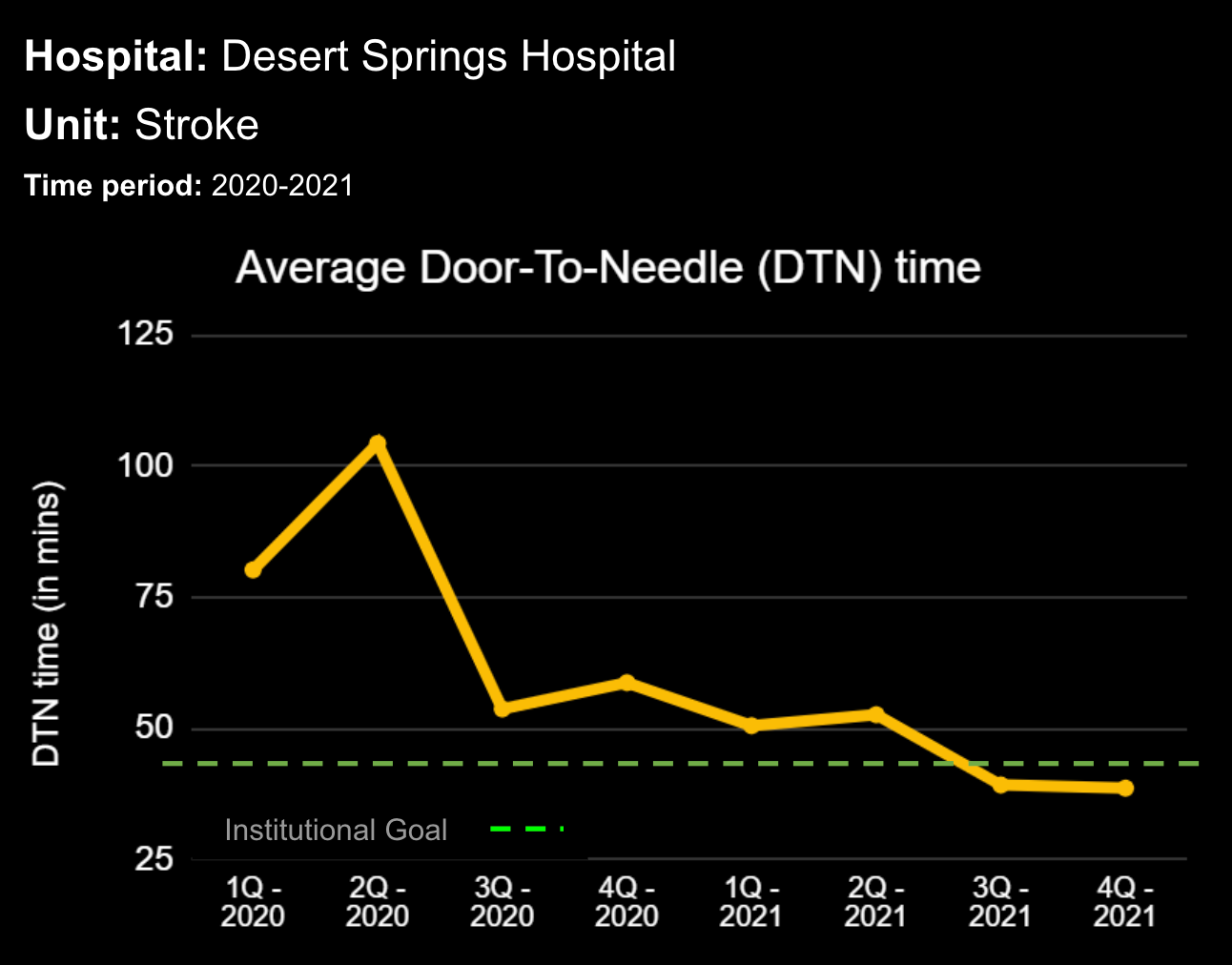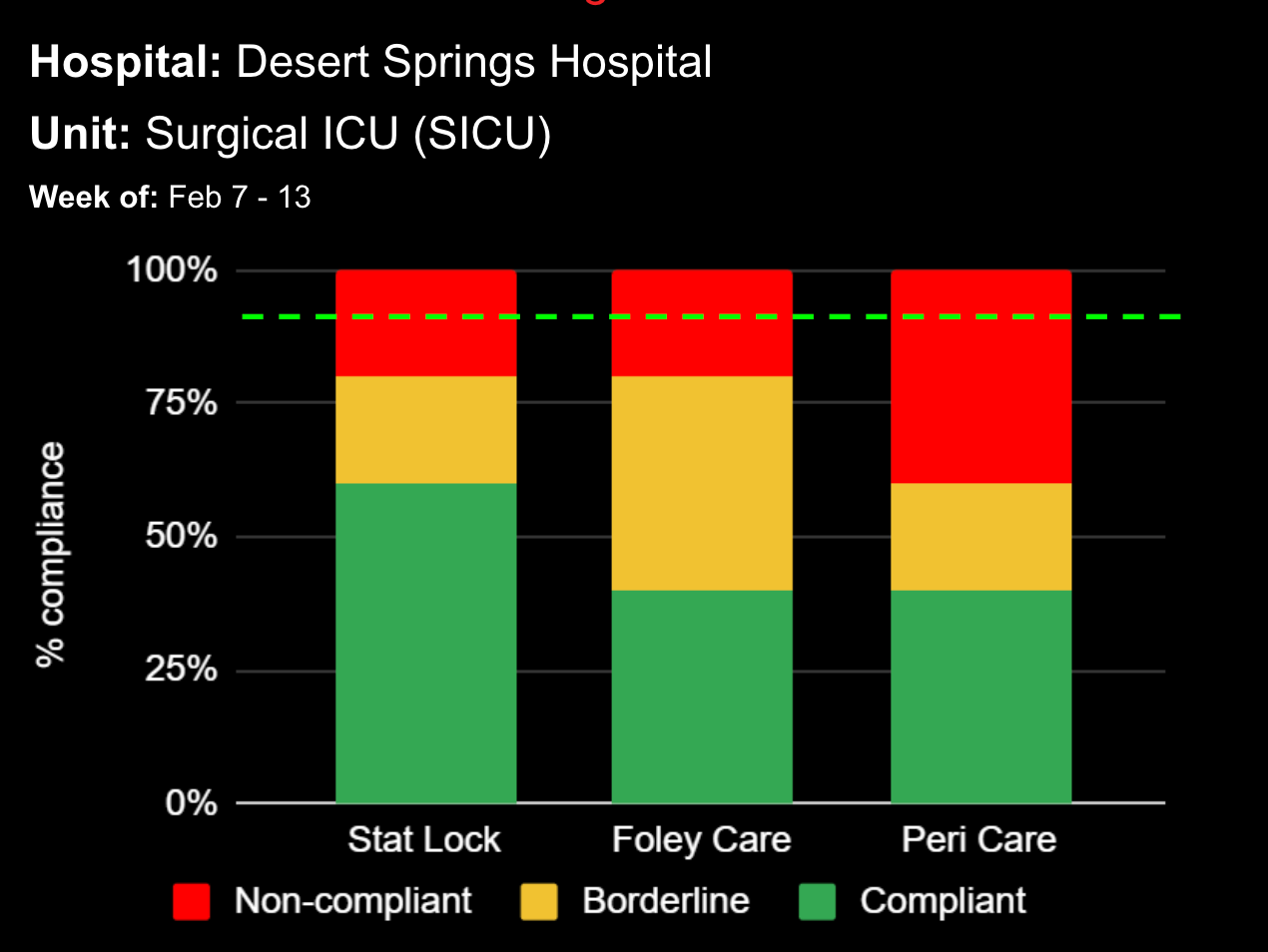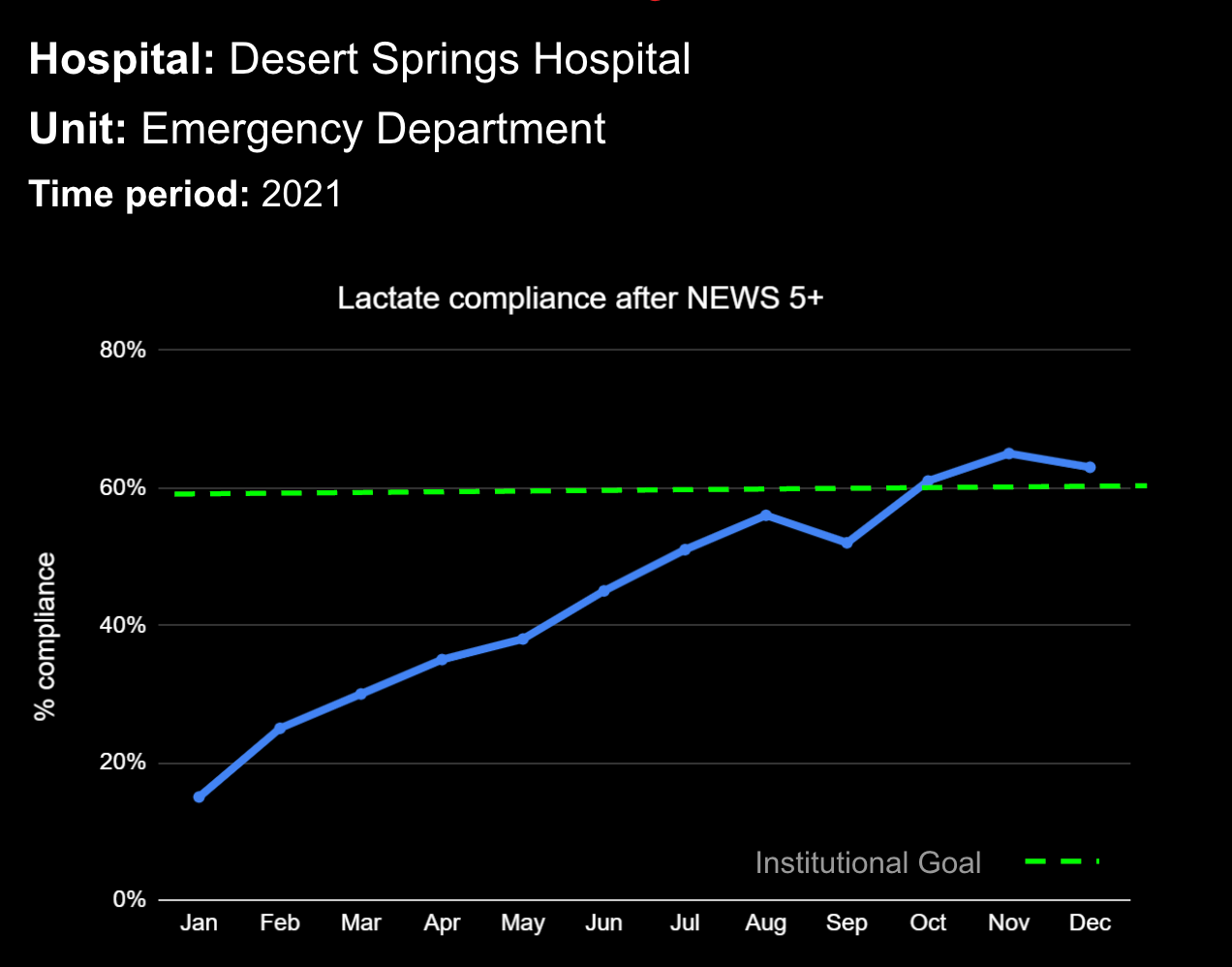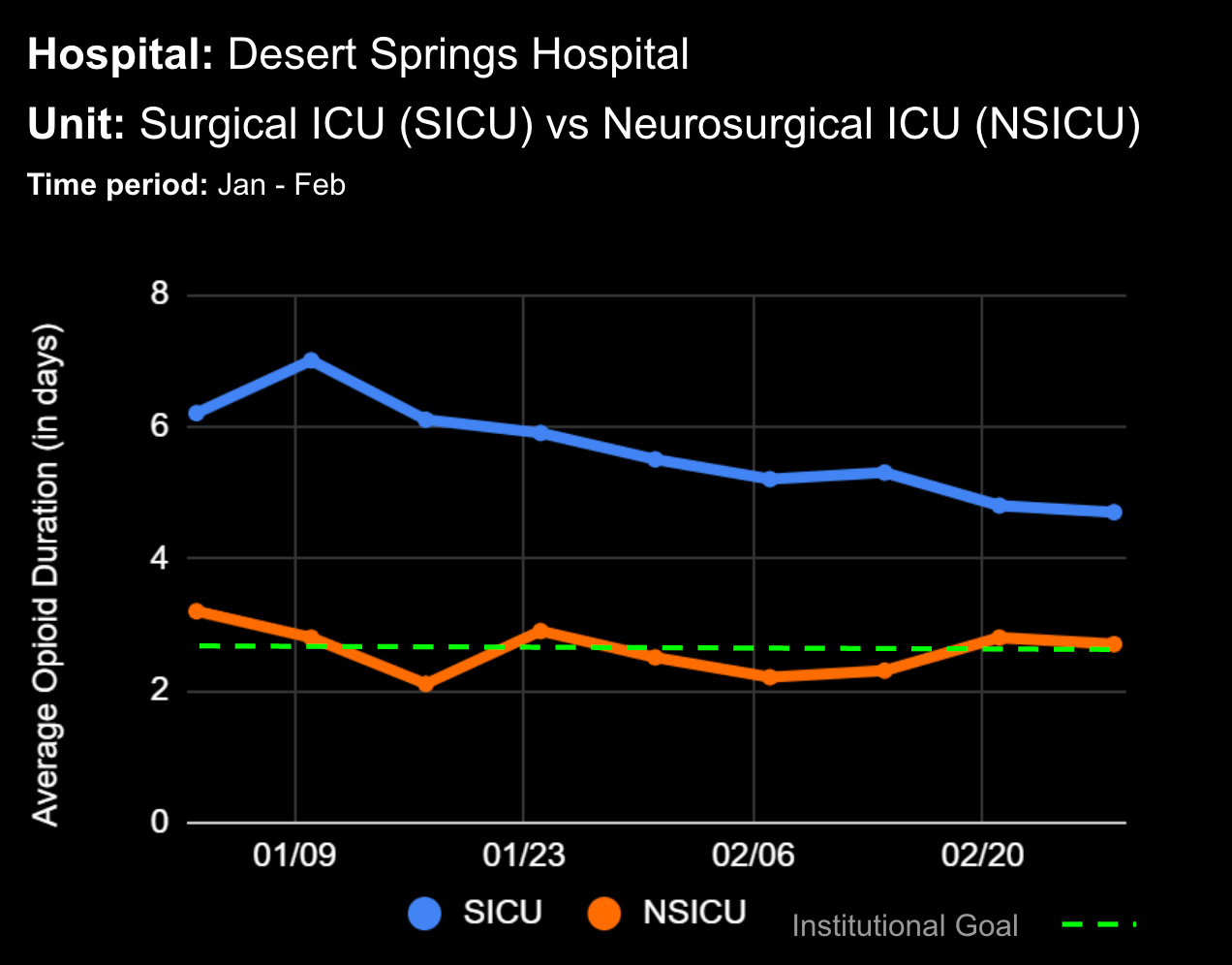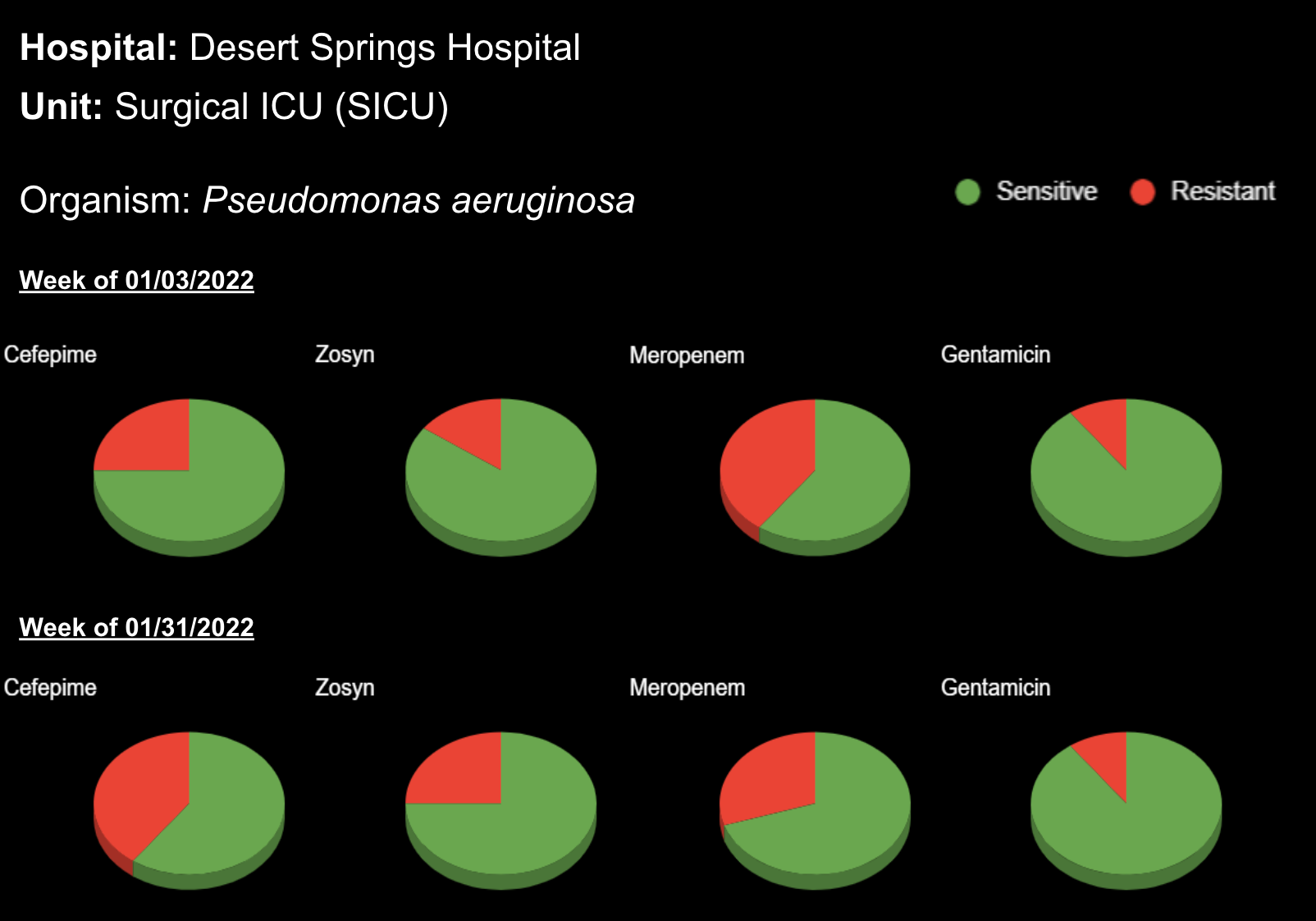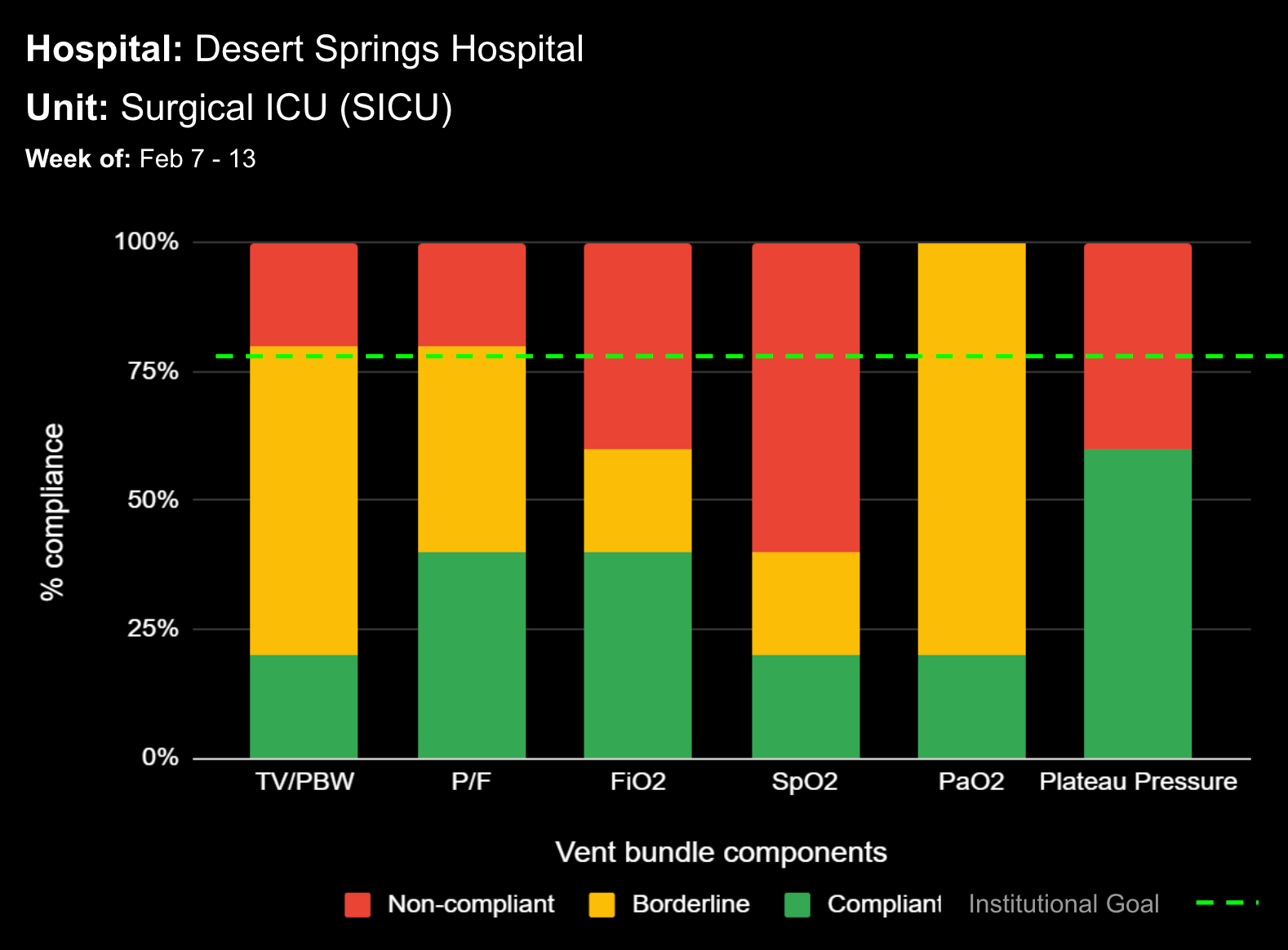
27 Jun Embracing the Past, Excited for the Future: The Evolution of Technology in Healthcare

Embracing the Past, Excited for the Future: The Evolution of Technology in Healthcare
As we look back on the remarkable journey of technological advancements in healthcare, it’s impossible not to be both amazed by how far we’ve come and excited for where we’re heading. From early medical tools to cutting-edge artificial intelligence, technology has continuously transformed patient care. By exploring key milestones, comparing advancements to other industries, and highlighting recent trends, we can look ahead to the future with a sense of anticipation and optimism.
Reflecting on Early Innovations
The roots of modern medicine are grounded in early innovations that set the stage for today’s advancements. The invention of the stethoscope by René Laennec in 1816 revolutionized the ability to diagnose respiratory and cardiac conditions. Wilhelm Conrad Roentgen’s discovery of X-rays in 1895 allowed doctors to see inside the human body without invasive surgery. And who can forget Alexander Fleming’s discovery of penicillin in 1928, which opened new frontiers in the treatment of bacterial infections? These milestones were the foundation upon which more complex technologies would be built.
The Digital Revolution: A Game Changer
The late 20th century ushered in the digital revolution, fundamentally changing healthcare. The introduction of Electronic Health Records (EHRs) replaced cumbersome paper records, making patient information more accessible and coordination among providers more seamless. This shift paralleled the finance industry’s move to online banking, where efficiency and accuracy became the new norm.
Recent Trends Impacting Healthcare
A longer-living population, the emergence of transformative technologies, and continued global economic uncertainty are key societal drivers impacting healthcare in 2024. Their convergence means we are heading into uncharted waters, with AI leading many trends. The trajectory of digital health technology underscores a significant shift towards patient empowerment and co-design in healthcare, championing active engagement in medical decision-making and treatment development. This transformative journey is redefining the traditional patient-doctor dynamic, fostering collaborative partnerships, and driving innovation in the realm of technology in healthcare.
Here are some of the key trends we are observing:
- Telemedicine: Telemedicine, which began in the early 2000s, has significantly improved access to healthcare by connecting patients and providers in remote and underserved areas, much like how e-commerce platforms revolutionized accessibility to goods and services. The future of telemedicine will further transform healthcare with AI-driven diagnostics, remote patient monitoring through IoT devices and wearables, and advanced virtual physical exams using high-resolution imaging and mobile ultrasound. Enhanced interoperability and data integration will ensure telemedicine’s seamless integration into holistic healthcare delivery.
- Clinical Decision Support Systems: Clinical Decision Support (CDS) tools are evolving rapidly, incorporating AI and machine learning to provide more precise and personalized recommendations. Emerging trends include greater integration with electronic health records (EHRs) and the use of predictive analytics to foresee potential health issues before they arise. As these tools become more sophisticated, they are expected to play an increasingly critical role in enhancing patient outcomes and optimizing healthcare workflows.
- Virtual Nursing and Rapid Response Systems: Virtual nursing, enhanced by rapid response technology, is set to transform healthcare by ensuring timely interventions and real-time patient monitoring. This integration allows nurses to provide efficient, personalized care remotely, which is particularly beneficial for patients in rural areas or those with mobility issues. The future of virtual nursing will likely see further advancements in AI-driven tools, wearable health technology, and seamless electronic health record integration, leading to more proactive and personalized patient care.
- Hospital At Home: Remote monitoring for at-home elderly care and post hospital discharge is revolutionizing how we support our aging population. By using advanced technologies such as wearable devices and smart home systems, caregivers can track vital signs, detect falls, and ensure medication adherence in real-time. This approach not only enhances the safety and well-being of seniors but also provides peace of mind for their families, knowing that help is always just a moment away.
- Wearables: Wearable technology is transforming healthcare by providing real-time monitoring of vital signs, physical activity, and sleep patterns, empowering both patients and clinicians. Devices like fitness trackers, smartwatches, and wearable ECG monitors offer continuous health monitoring, enabling early detection of potential health issues and supporting proactive management of chronic conditions. This can be compared to the automotive industry’s connected cars, which collect real-time data to enhance safety and performance, highlighting the benefits of continuous monitoring and data-driven insights in both fields. Looking ahead, the future of wearable technology promises even greater advancements, such as integration with AI for predictive health analytics and more sophisticated biometric sensors, which will further enhance personalized healthcare and improve overall well-being.
- Robotics: Robotics technology in healthcare is significantly advancing patient care through innovations such as surgical robots, which improve precision and enable minimally invasive procedures. Current applications include AI-enhanced imaging, diagnosis, and telesurgery, which allow for remote operations and training, enhancing both efficiency and safety in medical settings. Looking forward, the integration of AI with robotics is expected to lead to even more sophisticated applications, such as autonomous surgical systems and personalized robotic caregivers, poised to revolutionize healthcare delivery by improving outcomes and operational efficiencies.
- Personalized Medicine and AI: Generative AI and AI-driven genomics are revolutionizing healthcare by democratizing access to advanced technologies and enhancing the interpretation of complex genetic data. Generative AI creates synthetic data and develops chatbots, enabling swift analysis of large datasets for accurate diagnostics, personalized treatment plans, and improved operational efficiency through real-time data analysis and predictive analytics. AI-driven genomics further refines diagnostics and treatment by analyzing vast amounts of genomic information to identify crucial disease-related patterns and variants, integrating various data modalities to enhance predictive models and therapeutic strategies. This combined approach promises a transformative impact on patient care and medical research
- Virtual Healthcare Assistants: AI-driven virtual healthcare assistants are transforming patient care beyond traditional consultations. These assistants offer personalized health recommendations, monitor chronic conditions, and provide timely medical advice, significantly enhancing patient engagement and accessibility. By leveraging AI, these virtual assistants improve healthcare efficiency and outcomes, ensuring patients receive consistent, high-quality care without the constraints of in-person appointments.
- Digital Twins: Digital twins in healthcare are detailed virtual models created using real-time data to predict physiological behaviors and inform targeted treatments. For instance, Johns Hopkins researchers use digital twins of patients’ hearts to simulate and treat arrhythmias by understanding electrical wave propagation and tissue damage. Additionally, the Cleveland Clinic utilizes digital twins to study the impact of neighborhood environments on health, integrating data from electronic health records and socio-economic factors to address health disparities and improve health equity. These virtual replicas offer advanced personalized diagnosis, treatment planning, and real-time monitoring, enhancing predictive accuracy and supporting clinical trials and disease research.
- IoT-Powered Virtual Hospitals: IoT-powered healthcare is revolutionizing patient care by enabling remote monitoring, real-time health tracking, and automated alerts, leading to more proactive and personalized care. This technology enhances patient outcomes, particularly in managing chronic conditions, and makes healthcare more accessible and responsive. Currently, IoT devices like wearable health monitors and smart medical equipment provide valuable data that improve patient outcomes and operational efficiency. Looking to the future, advancements in IoT, combined with AI and 5G technology, promise even more sophisticated applications such as predictive analytics for preventive care and personalized treatment plans
- Virtual and Augmented Reality in Healthcare: Virtual Reality (VR) and Augmented Reality (AR) are revolutionizing the medical field. VR is used for medical training, allowing students to practice procedures in a risk-free virtual environment. It also plays a crucial role in pain management and therapy, helping patients find relief and aiding in their rehabilitation process. Meanwhile, AR assists surgeons by providing digital information during procedures, enhancing precision and improving outcomes.
- 3D Printing: 3D printing is revolutionizing healthcare by enabling the rapid production and precise customization of medical tools, prosthetics, implants, and potentially organs for transplant. This technology significantly improves patient care by providing tailored solutions that reduce surgical costs, decrease operation times, and enhance patient outcomes. Additionally, 3D printing allows for the creation of patient-specific anatomical models, which are invaluable for surgical planning and improving the precision and effectiveness of medical procedures. Looking to the future, advancements in bioprinting hold the promise of producing living tissues and organs, potentially addressing organ donation shortages and reducing complications related to immune rejection.
Looking Ahead
Reflecting on the past achievements and embracing future innovations, it’s clear that technology has and will continue to transform healthcare. From the stethoscope to AI-driven diagnostics, each advancement brings us closer to a more efficient, accessible, and patient-centered healthcare system.
The future of healthcare lies in working hand-in-hand with technology. Healthcare workers have to embrace emerging healthcare technologies in order to stay relevant in the coming years.
References
1. Sutton, R.T., Pincock, D., Baumgart, D.C. et al. “An overview of clinical decision support systems: benefits, risks, and strategies for success.” npj Digit. Med. 3, 17 (2020)
2. Chauhan U, McAlister FA. “Comparison of Mortality and Hospital Readmissions Among Patients Receiving Virtual Ward Transitional Care vs Usual Postdischarge Care: A Systematic Review and Meta-analysis.” JAMA Netw Open. 2022.
3. Marr, Bernard. “The 10 Biggest Trends Revolutionizing Healthcare in 2024.” Forbes, October 3, 2023.
4. “Ten Ways Technology is Changing Healthcare.” The Medical Futurist, accessed June 2024.
5. Scott, Jordan. “What Are Digital Twins and How Can They Be Used in Healthcare?” Health Tech Magazine, January 10, 2024.
6. Moore, Sara. “Beyond Virtual Consultations: The Rise of AI-Driven Virtual Healthcare Assistants.” News Medical, January 30, 2024.
7. Bahl, Romil. “’Oh No! My Doctor Is A Robot’: How To Navigate IoT-Powered Healthcare.” Forbes, January 9, 2024.
8. Eddy, Nathan. “Smart Hospitals: Improved Patient Care and Interoperability.” Health Tech, July 24, 2023.
9. Moen, Tina. “What’s Next for Clinical Decision Support Tools?” Med City News, January 23, 2024.
10. Reshetchenko, Dmitry. “The Role of Telemedicine in Modern Healthcare: Key Trends.” Health Tech Zone, April 9, 2024.
11. Archer, Christina. “The Future of Nursing Technology: Innovations Transforming Patient Care in 2024.” RN Network, December 29, 2023.
12. “How virtual nursing is increasing nurse satisfaction and transforming patient care.” HCA Healthcare Today, March 6, 2024.
13. Zhang, Jian. “2024 Robotic Outlook.” The Robot Report, January 8, 2024.
14. Falcone, Sarah. “6 Nurse AI Robots That Are Changing Healthcare in 2024.” Nurse.org, March 21, 2024
15. Listek, Vanesa. “2024 & Beyond: Navigating Promising Frontiers in 3D Printed Medical Applications.” 3D Print.com, December 28, 2023.
16. Parsi, Novid. “A Guide to 3D Printing for Healthcare, Today and Tomorrow.” Health Tech, May 9, 2024.
17. “3D Printing’s Impact on the Future: Transforming Healthcare and Manufacturing Industries.” 3D Printing News, February 15, 2024.
18. “IoT in healthcare: a review of services, applications, key technologies, security concerns, and emerging trends.” Springer Link, February 27, 2024.
19. “Role of emerging technologies in future IoT-driven Healthcare 4.0 technologies: a survey, current challenges and future directions.” Springer Link, May 12, 2021.
20. Merzlova, Katerina. “Healthcare IoT: Top 5 Trends to Watch in 2024.” Sumatosoft, December 19, 2023.
21. Gupta, Aashima. “3 predictions for AI in healthcare in 2024.” Google Blog, January 9, 2024.
22. “AI in healthcare: Buckle up for change, but read this before takeoff.” World Economic Forum, January 17, 2024.
23. Jayaraman, Soundarya. “4 Experts Share How AI Is Transforming Healthcare in 2024.” Learn.g2.com, December 4, 2024.
24. Landi, Heather. “Google’s healthcare AI ambitions: New model for personal health coaching and next steps for gen AI.” Fierce Healthcare, March 19, 2024.
25. Wigley, Chris. “AI and the Future of Genomic Healthcare.” The Journal of mHealth, June 20, 2024.
26. Dahle, Oyvind. “Sequencing the Impact: How AI is Boosting Genomic Medicine.” Foley & Lardner LLP, May 23, 2023.
27. Johnson, Z.; Saikia, M.J. Digital Twins for Healthcare Using Wearables. Bioengineering 2024, 11, 606. https://doi.org/10.3390/bioengineering11060606
28. Popowitz, Ethan. “Digital twins are revolutionizing clinical trials and so much more.” Definitive Health, January 5, 2024.
Learn more About How we help clinicians improve patient outcomes
Schedule a call with our team to discuss how we are helping our clients revolutionize how clinicians manage patient interventions.



